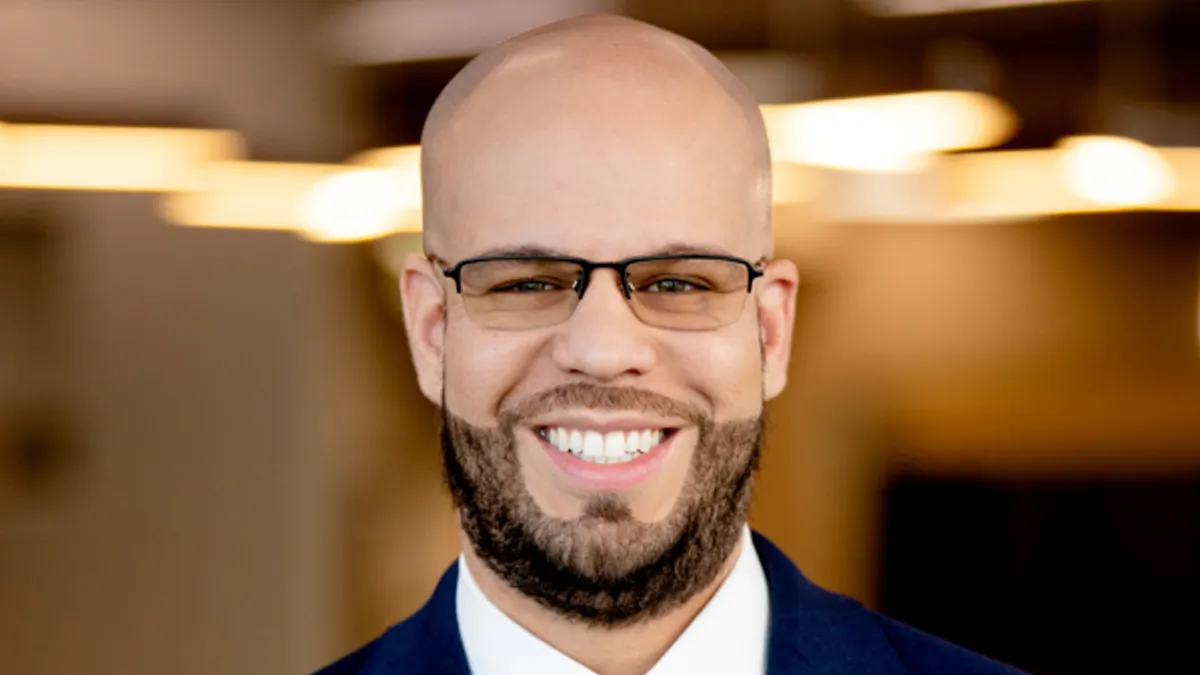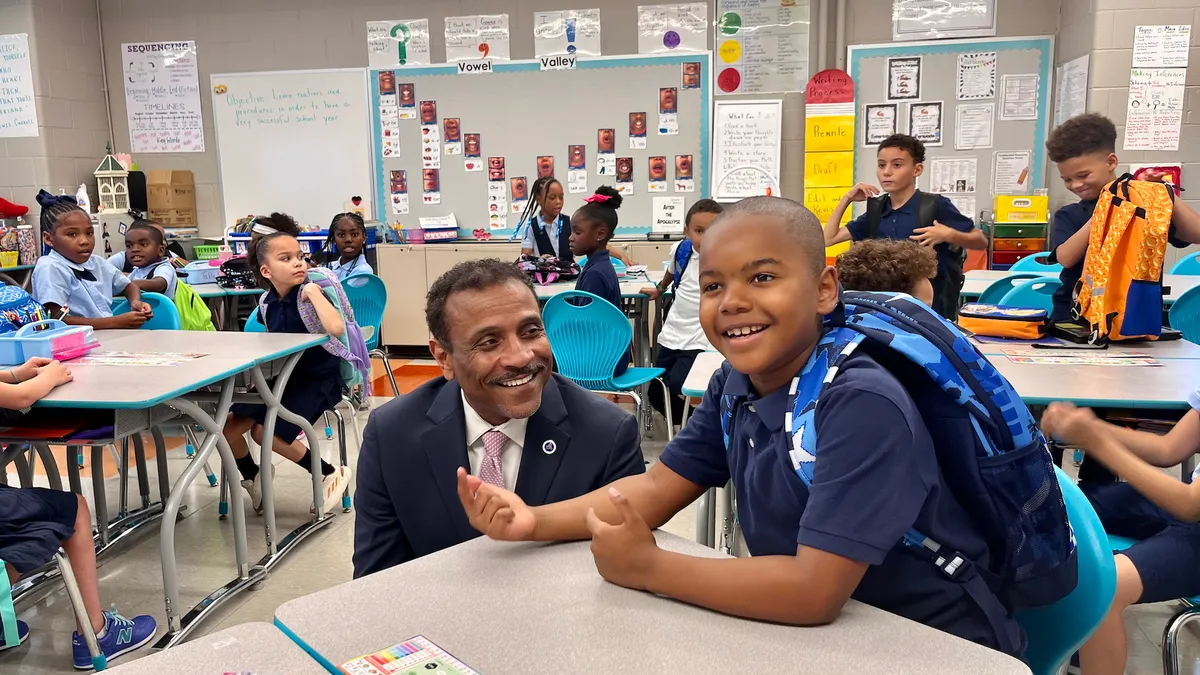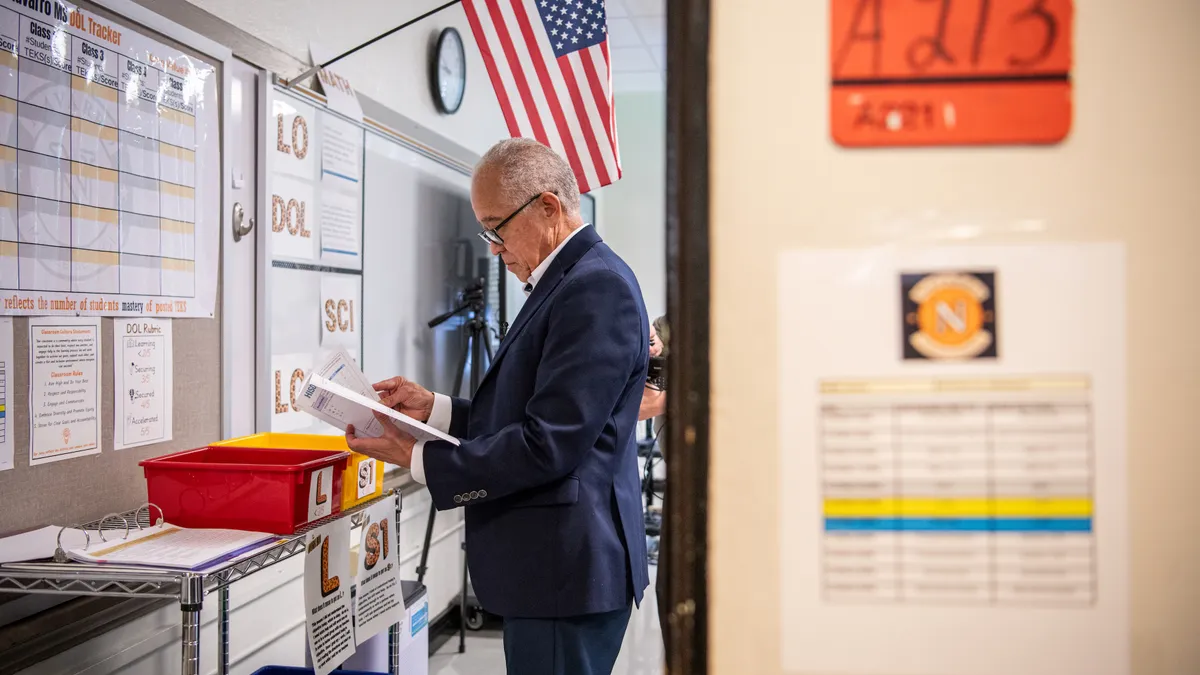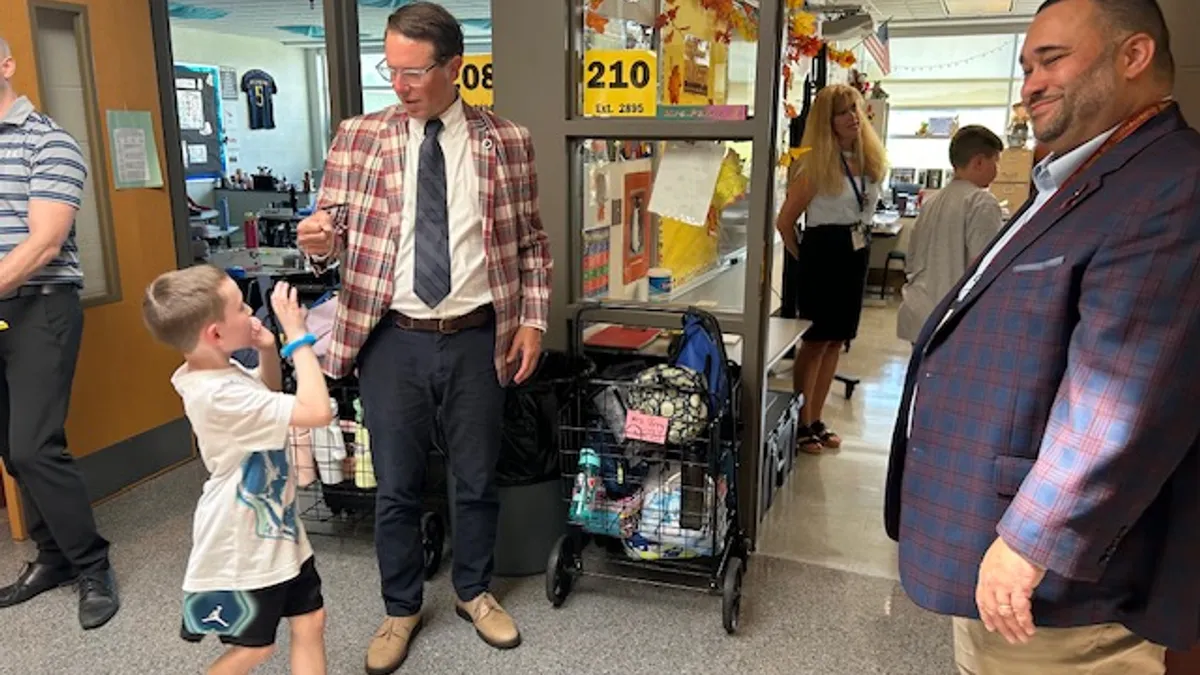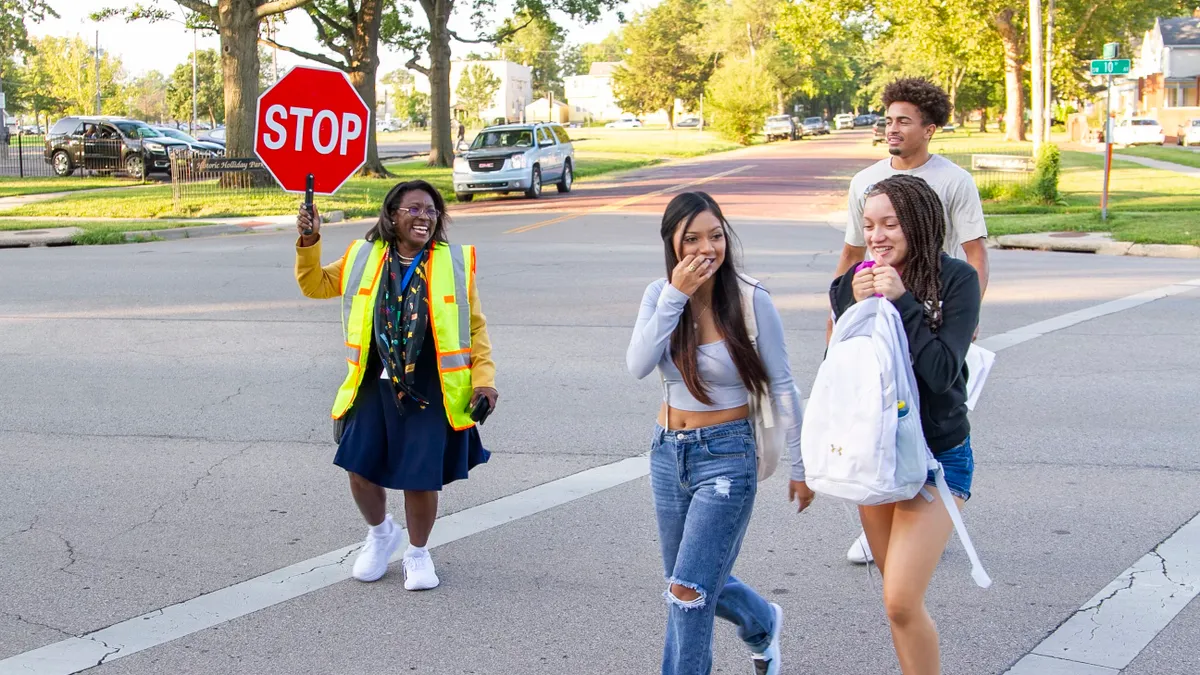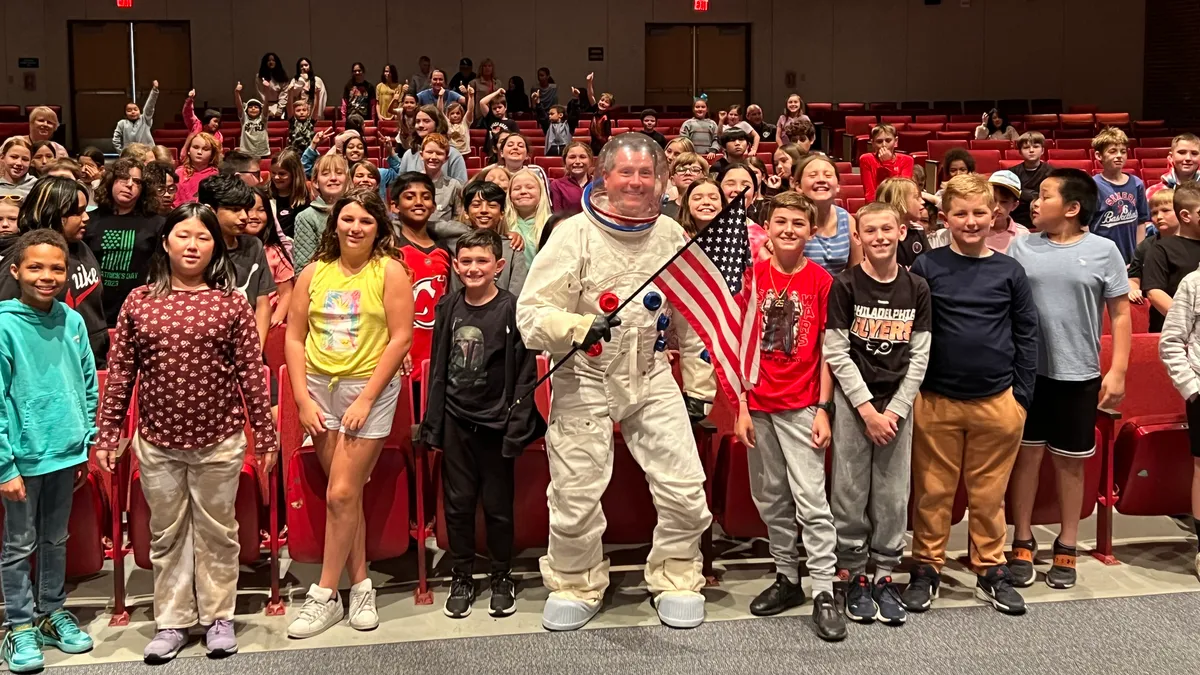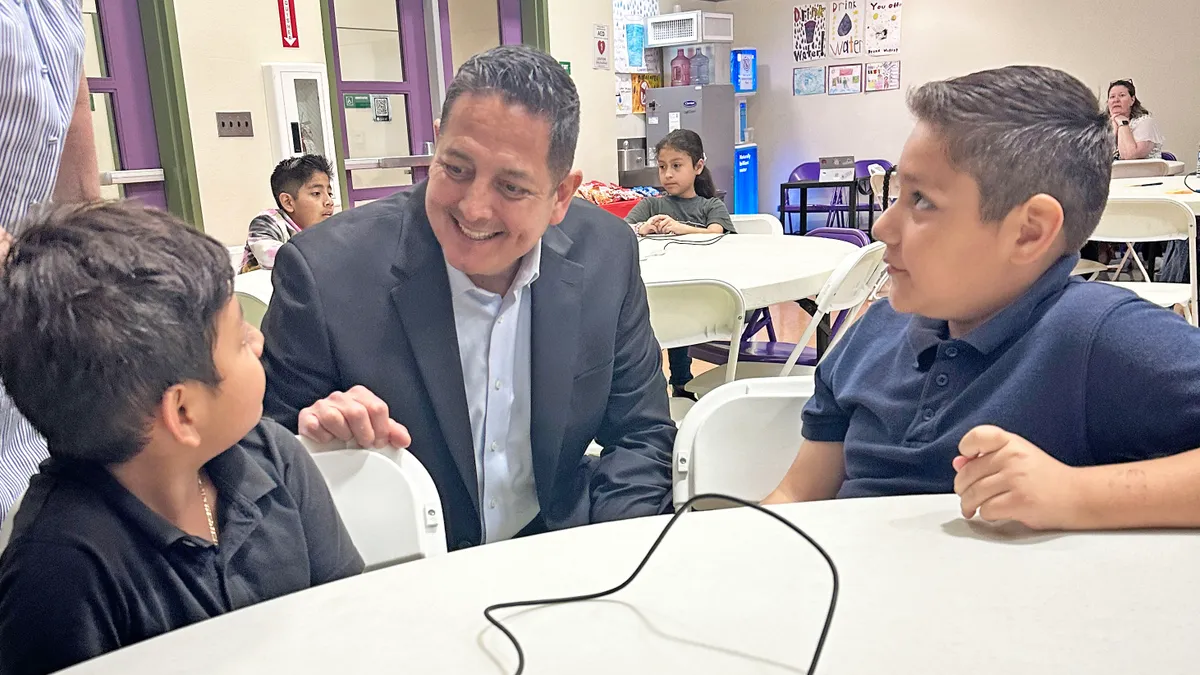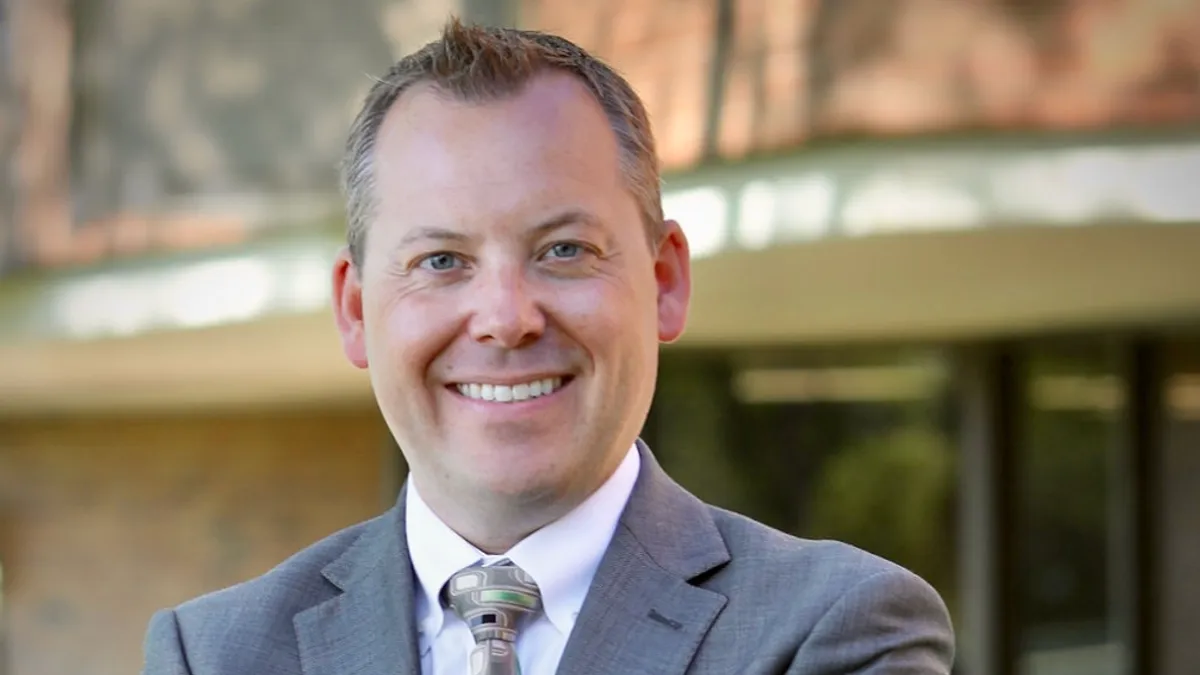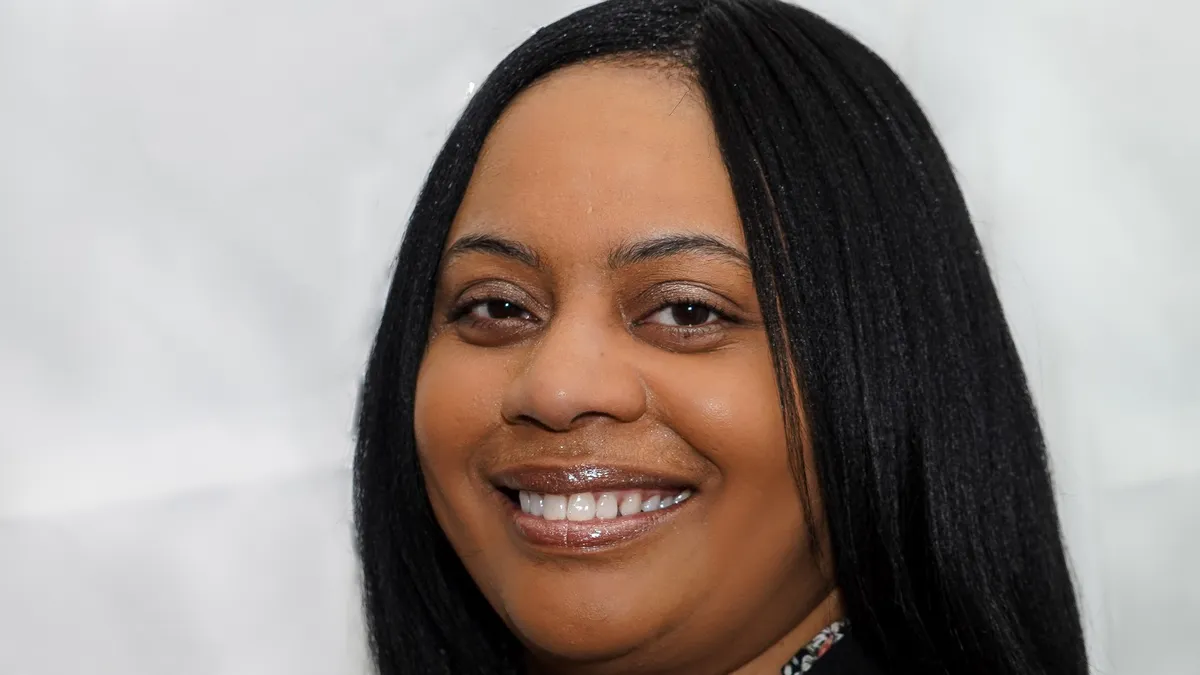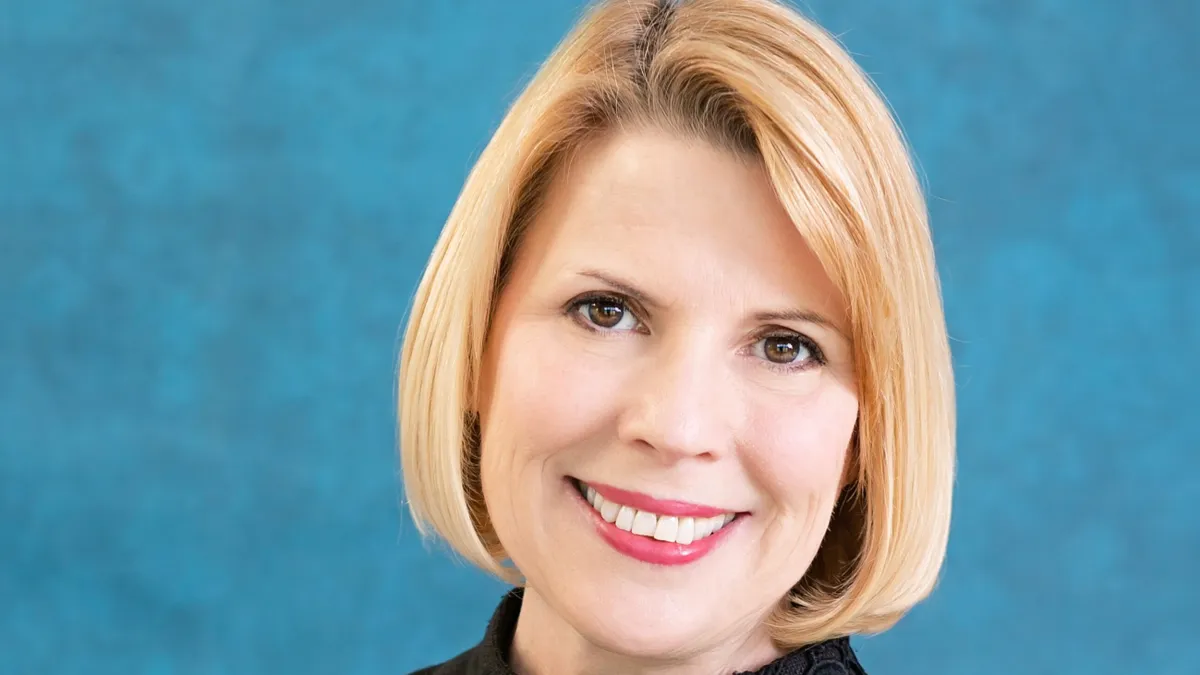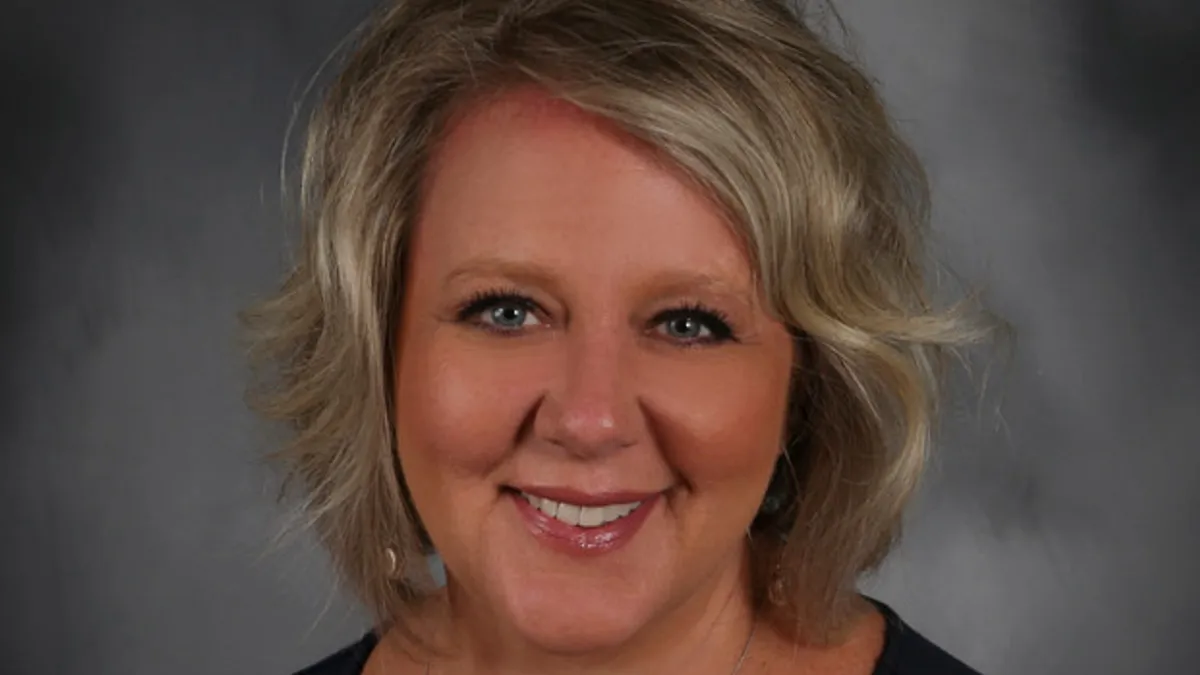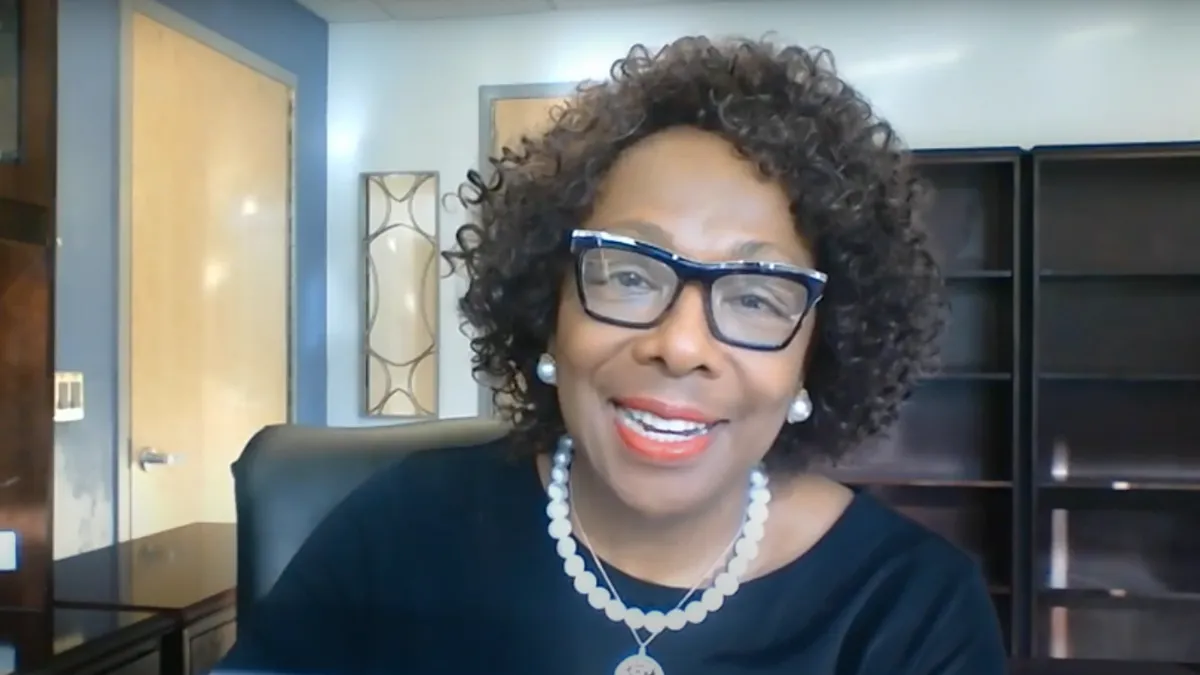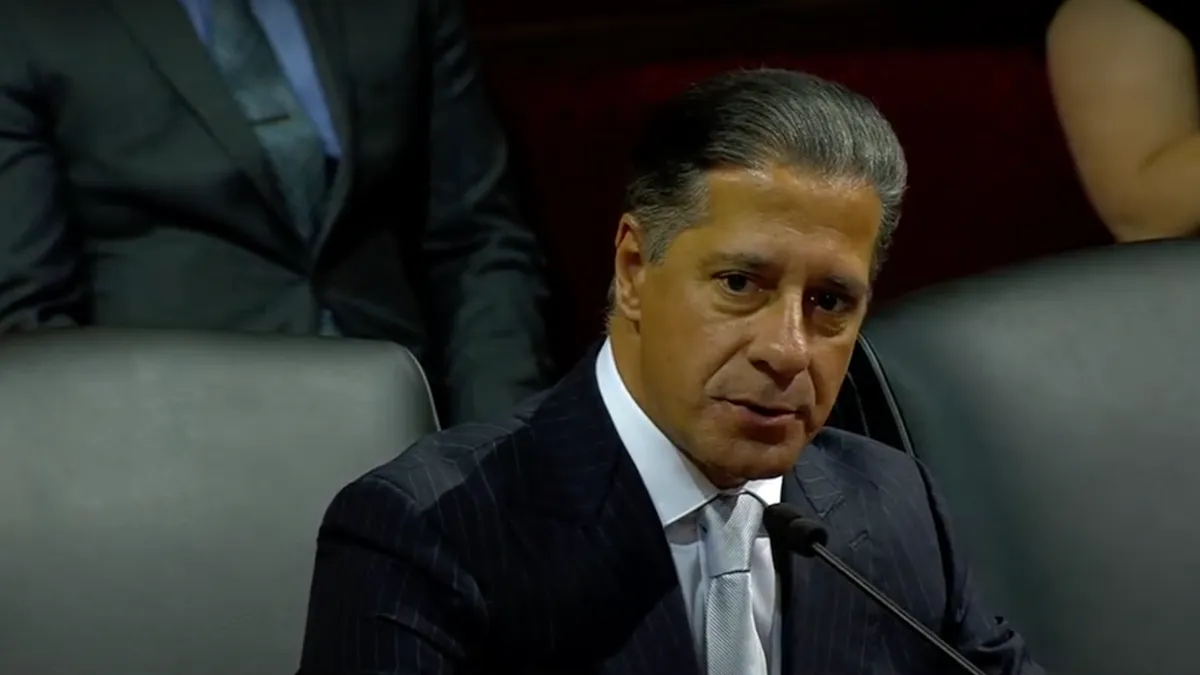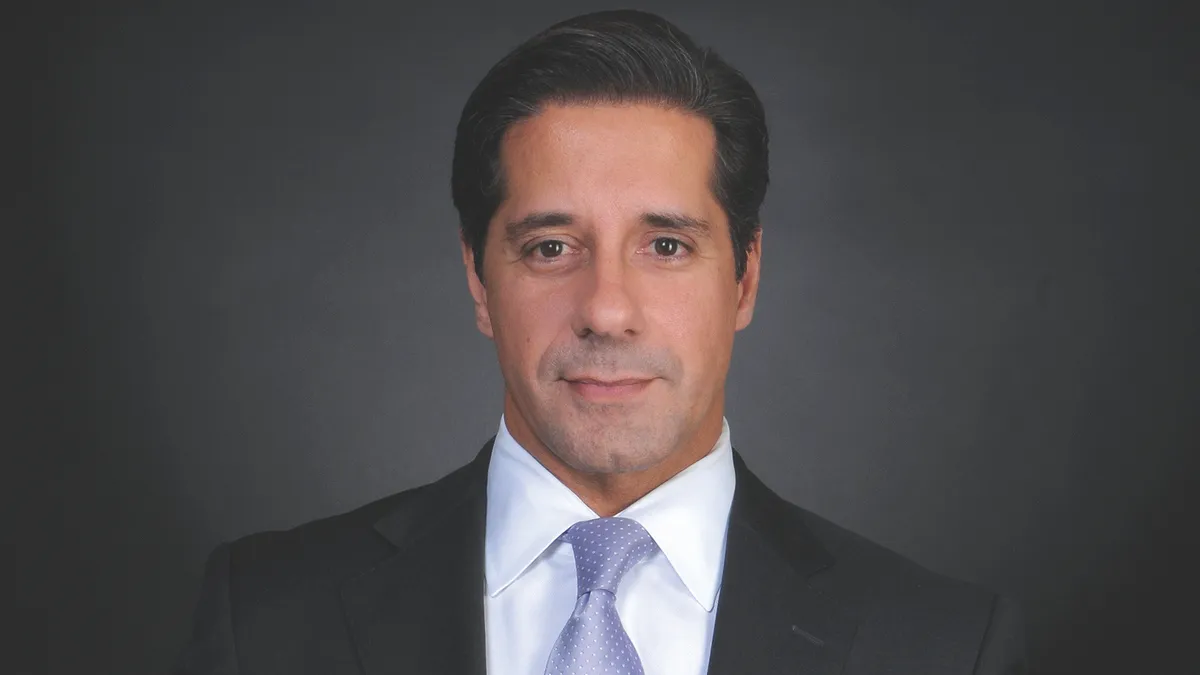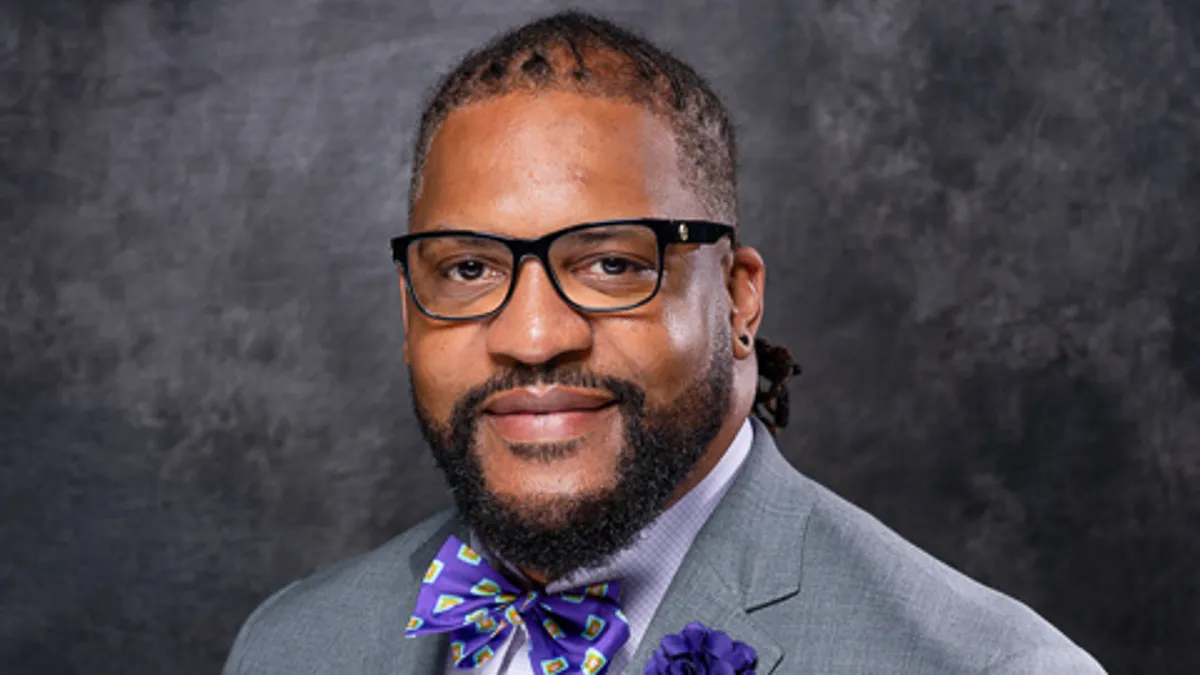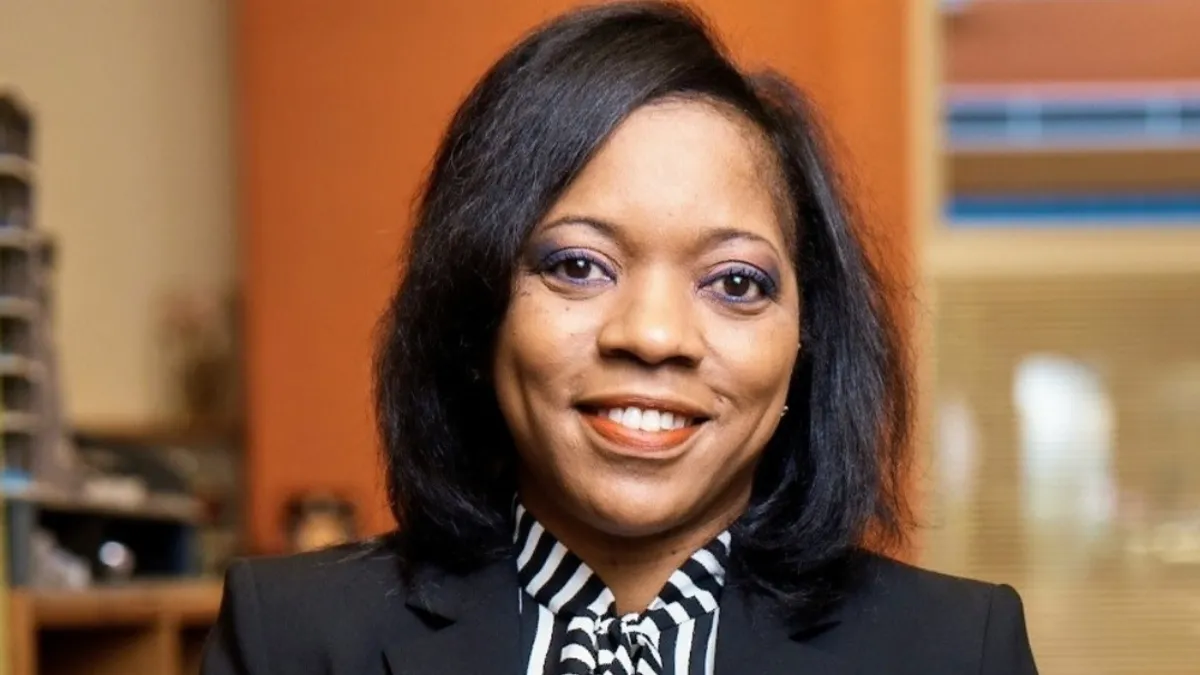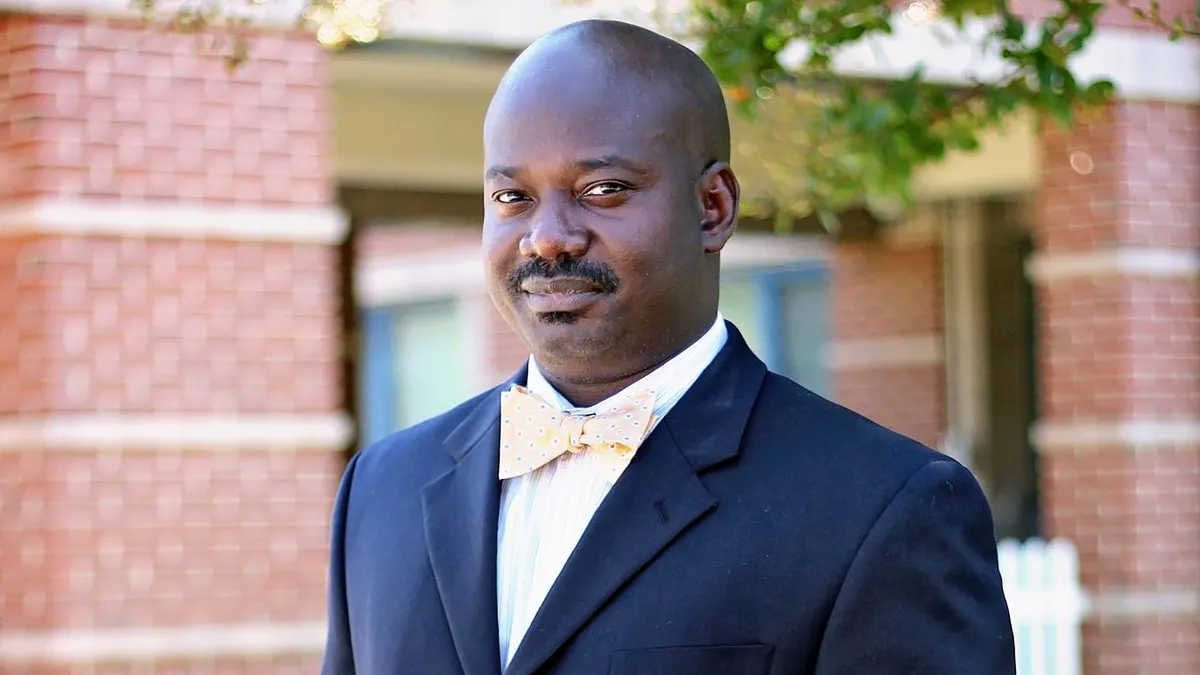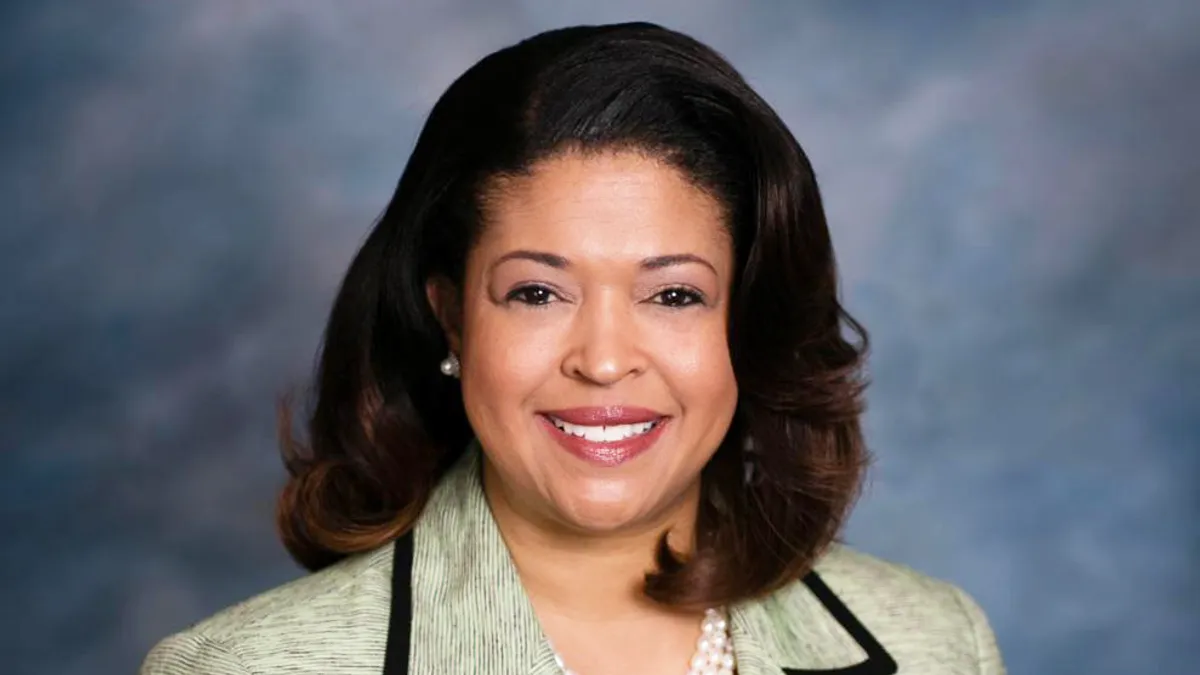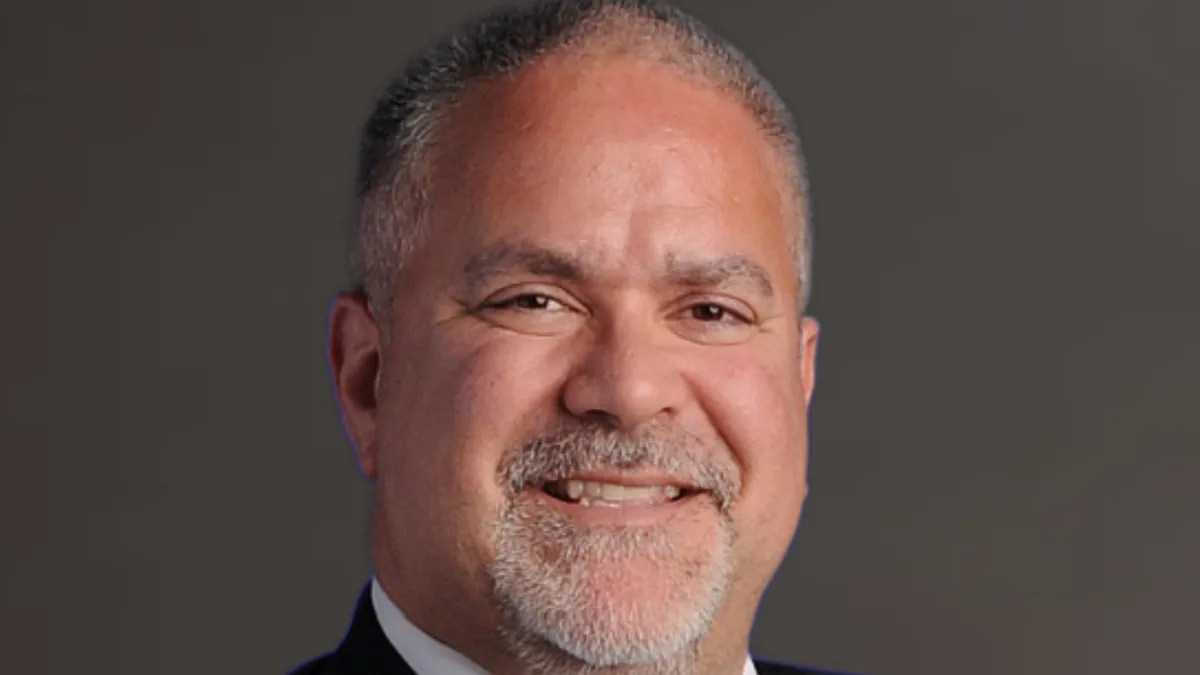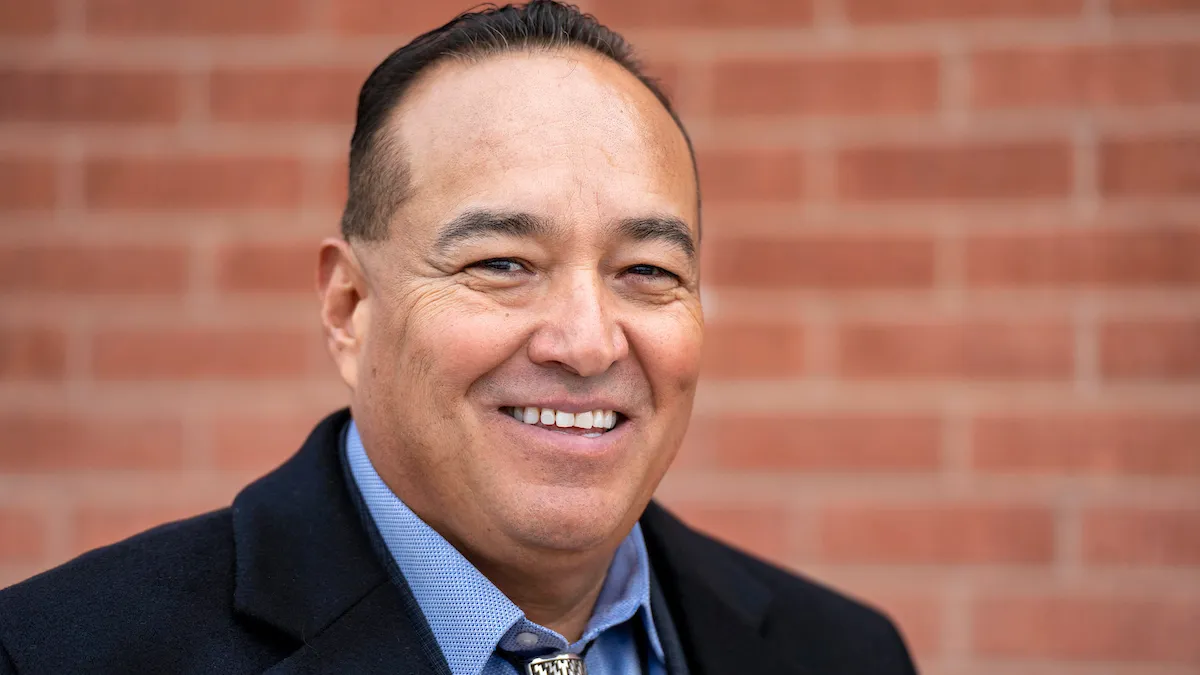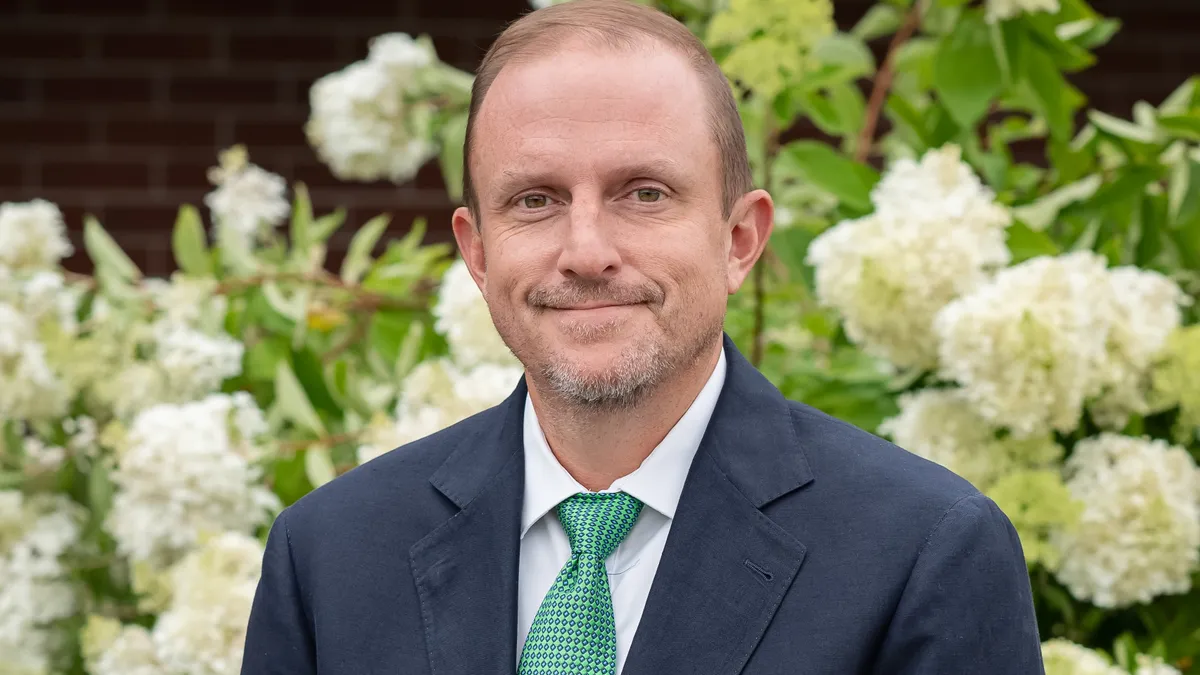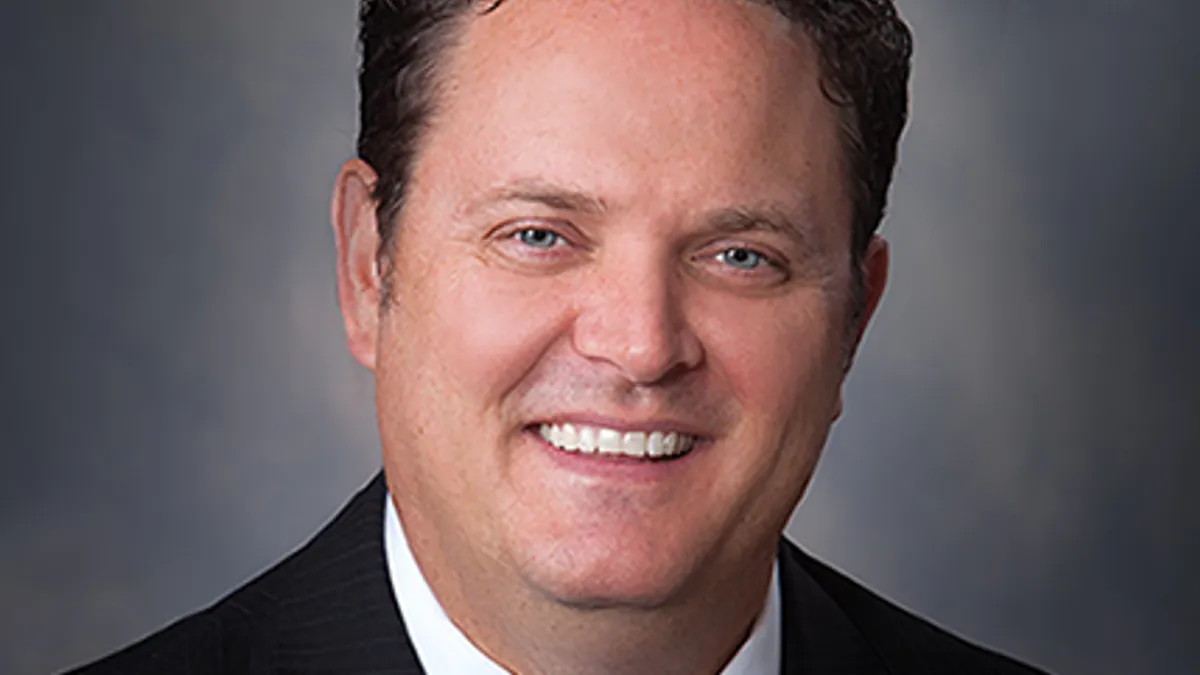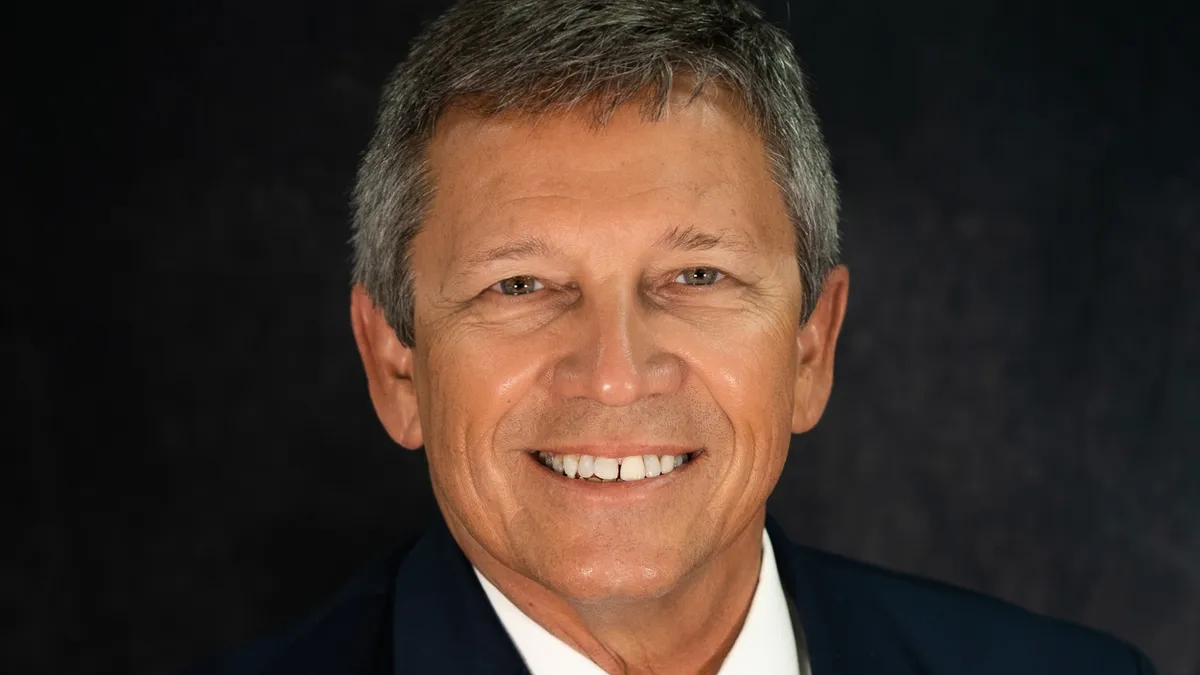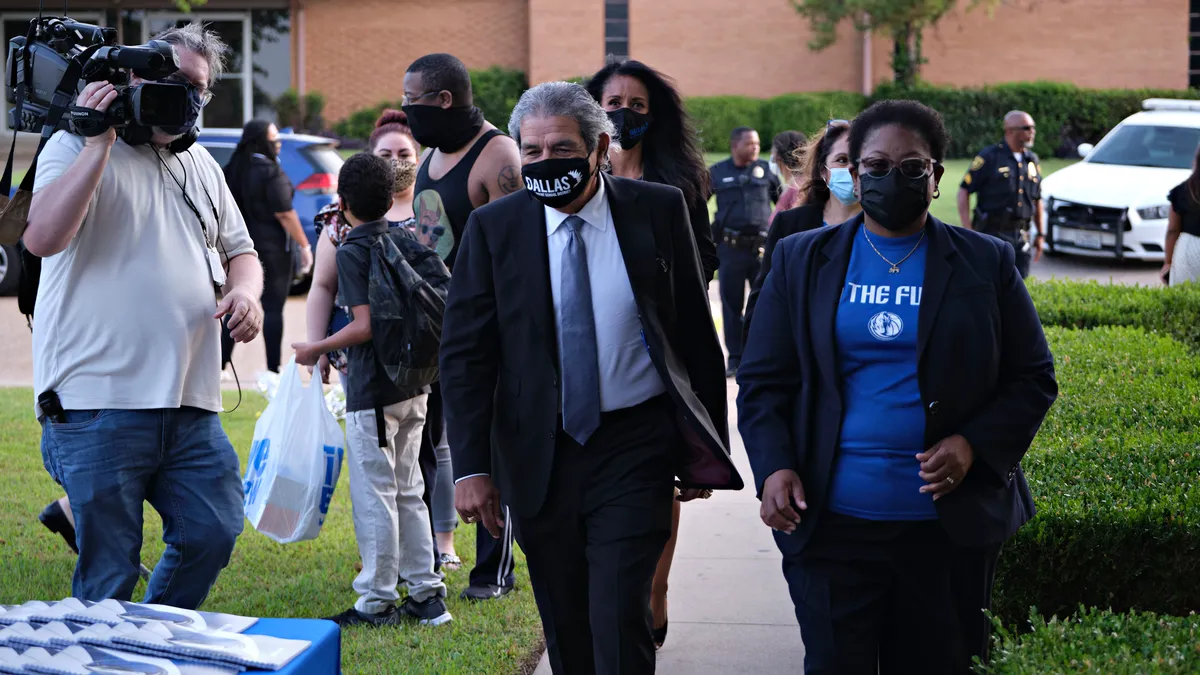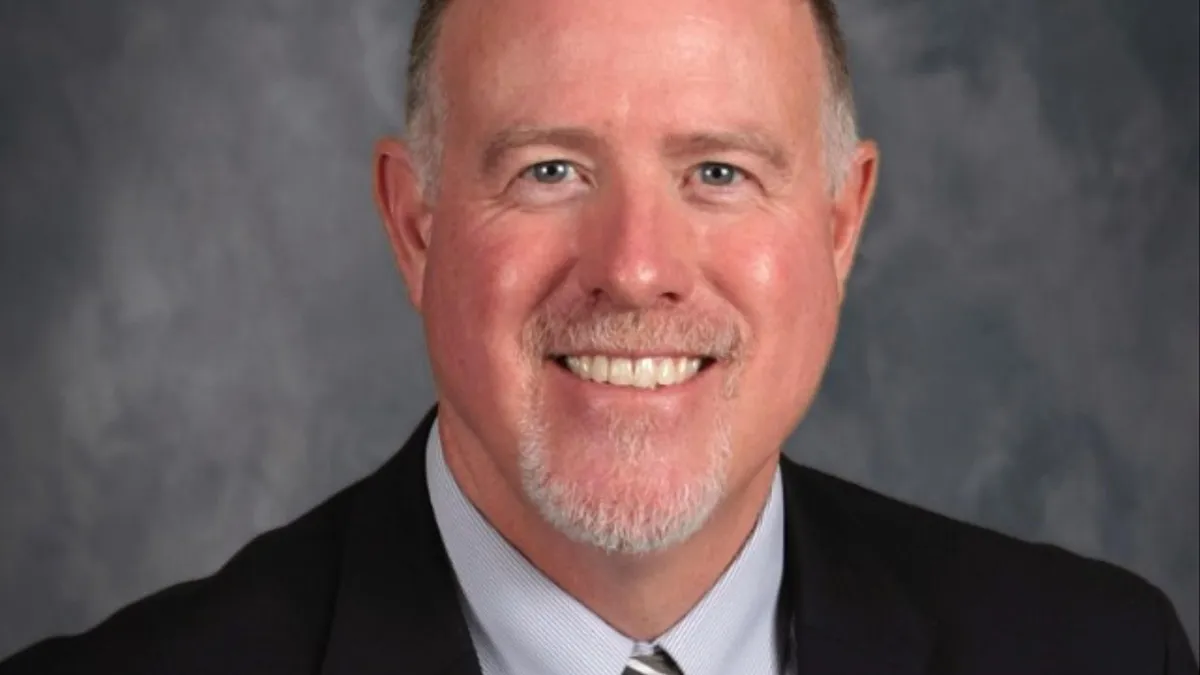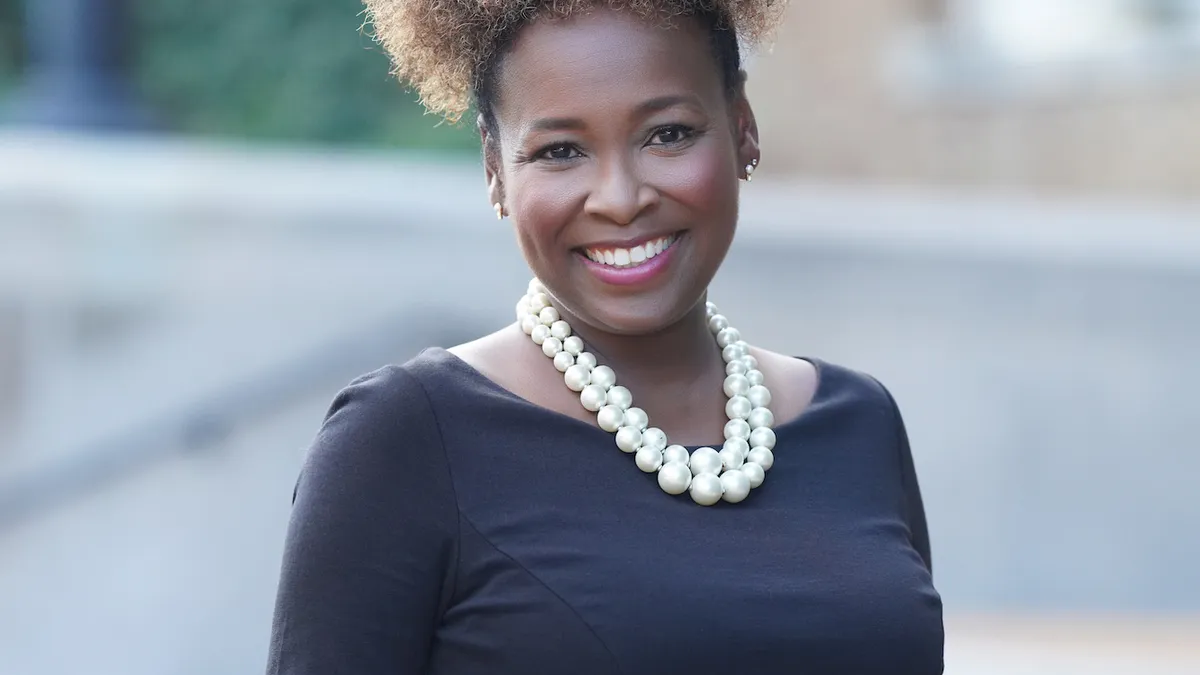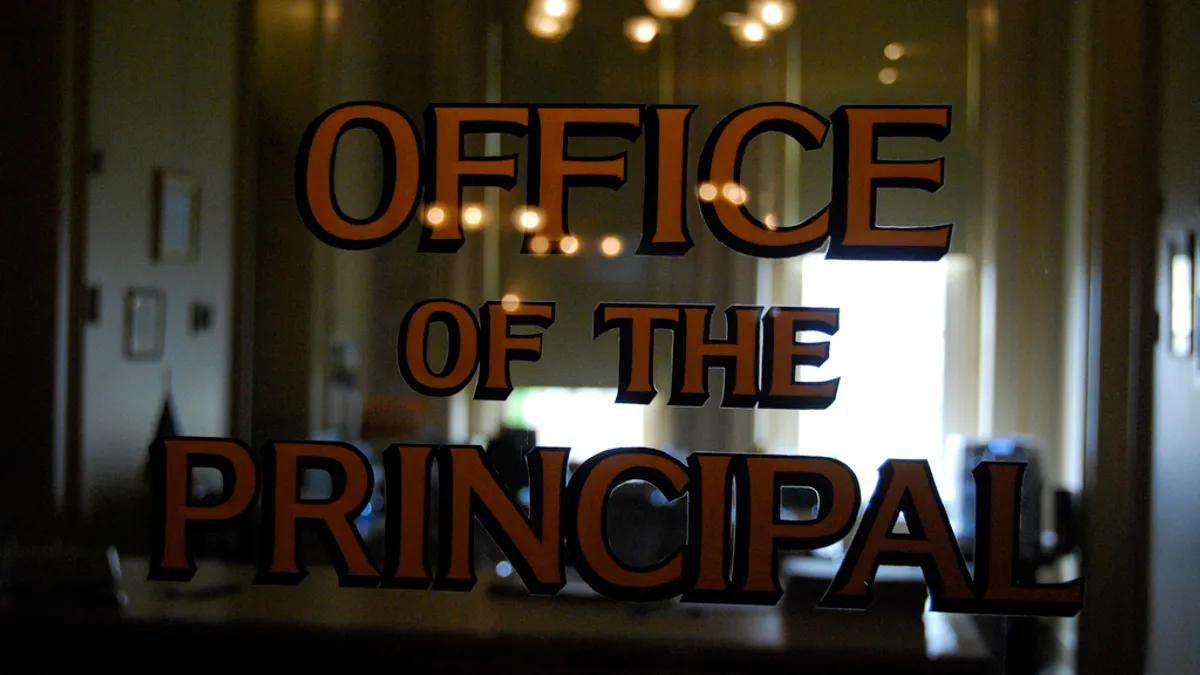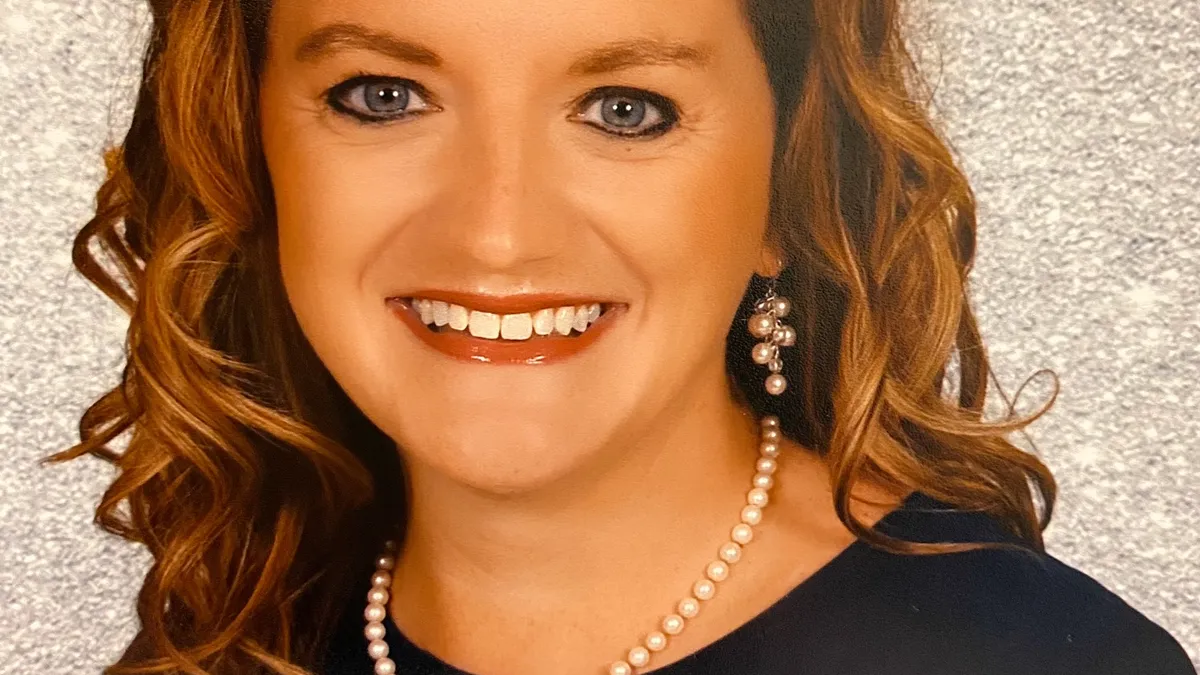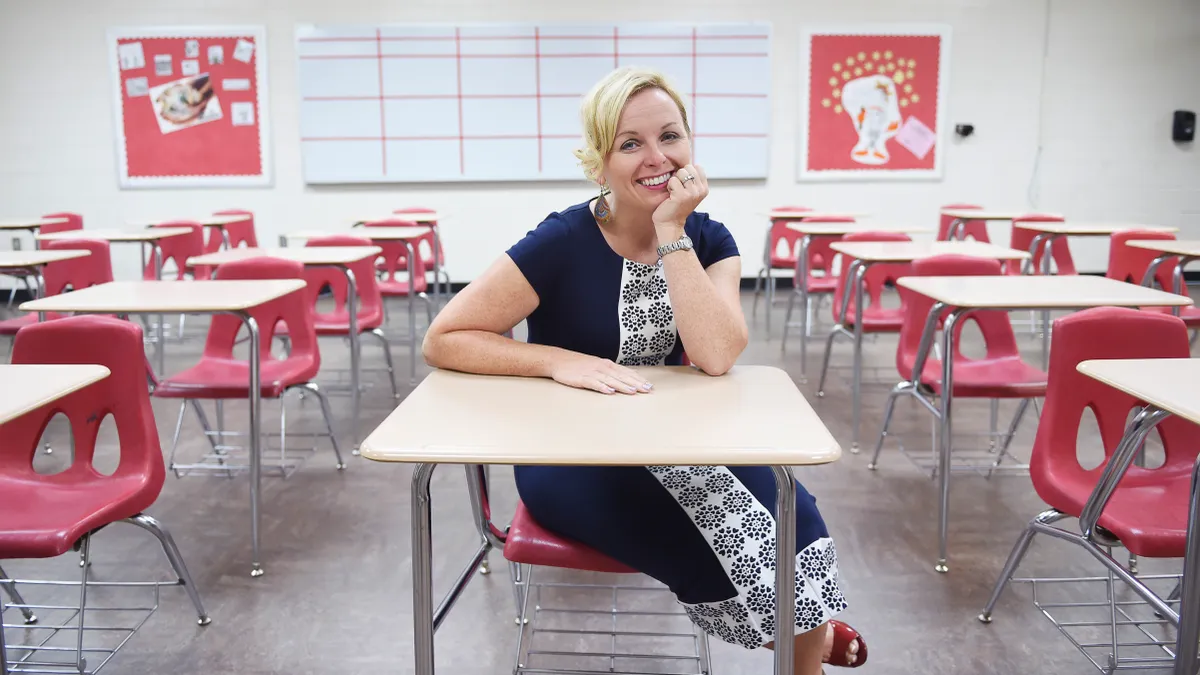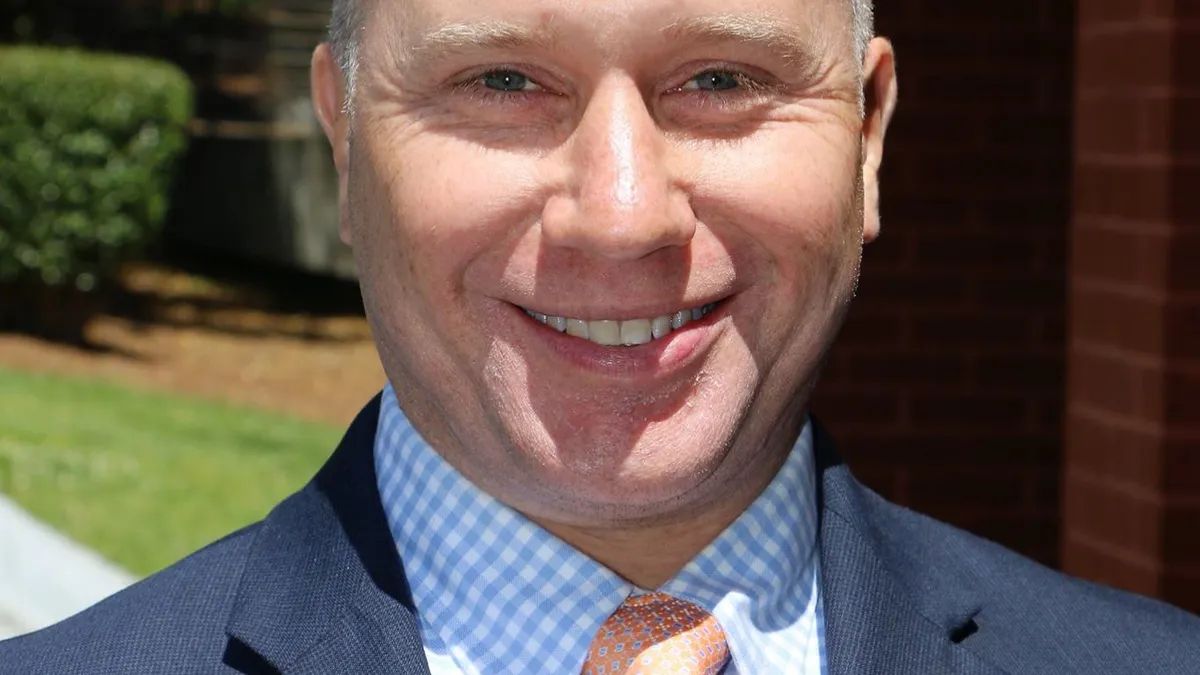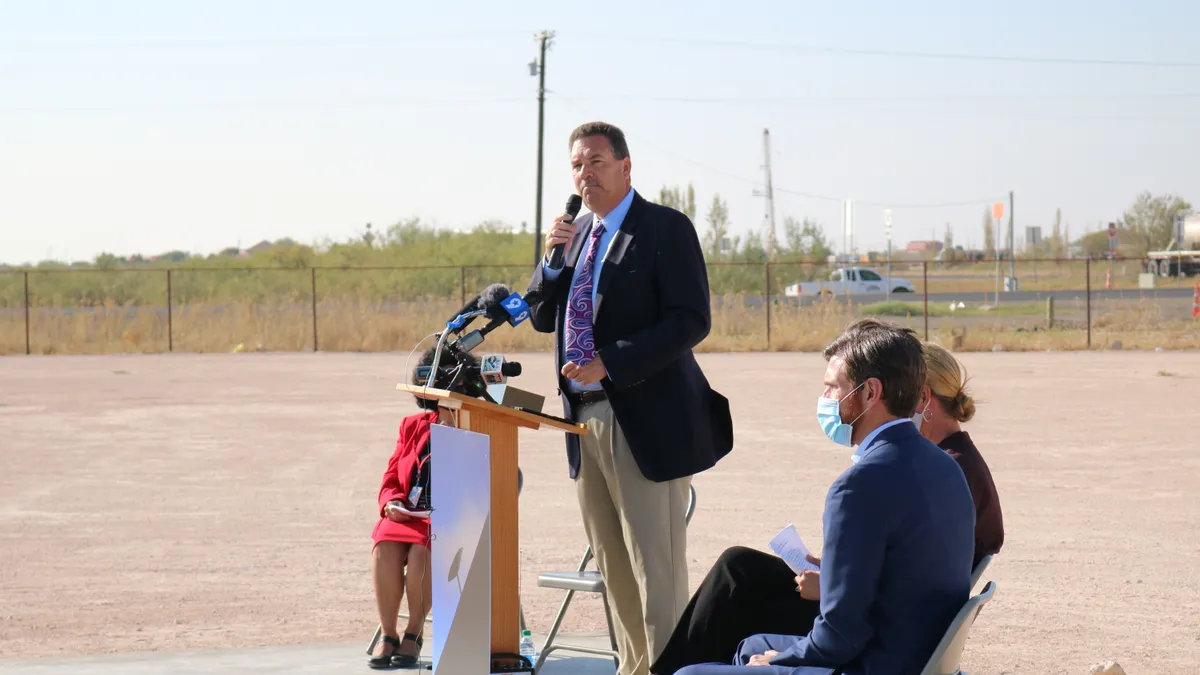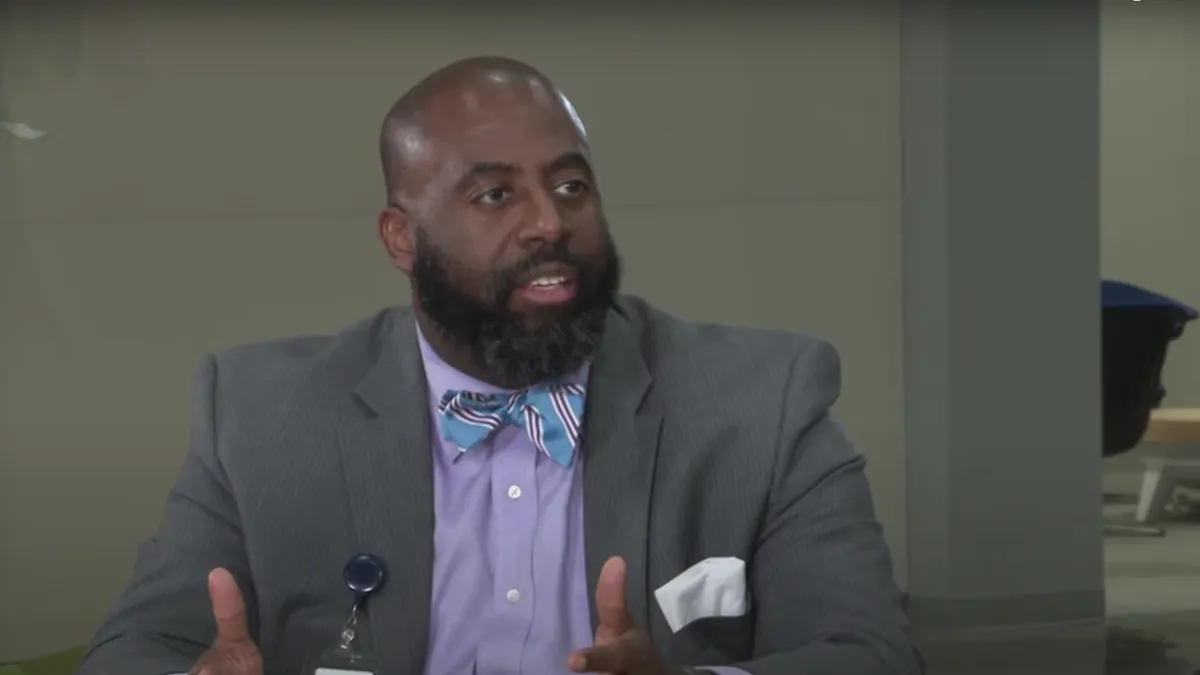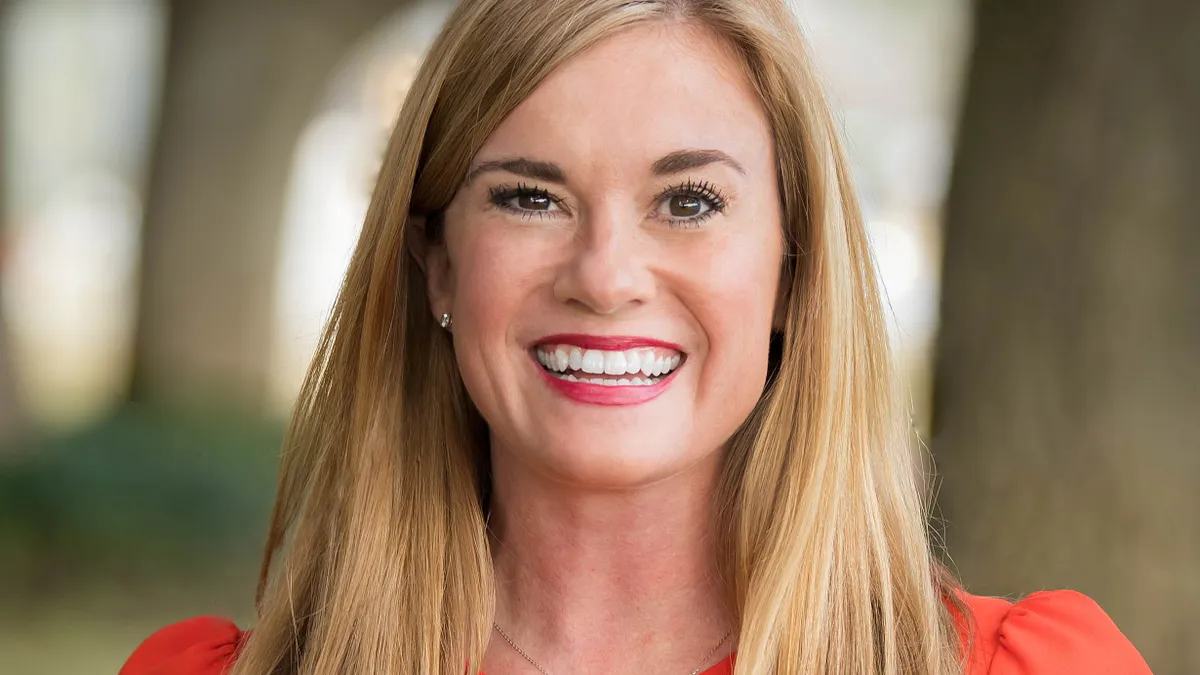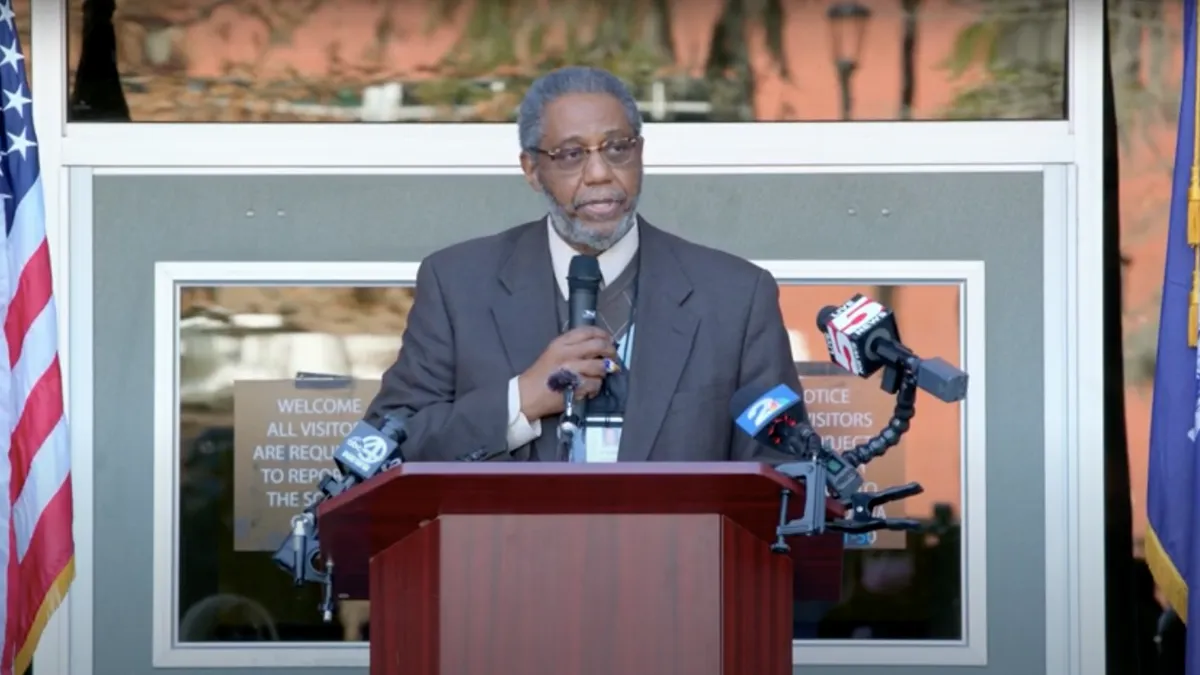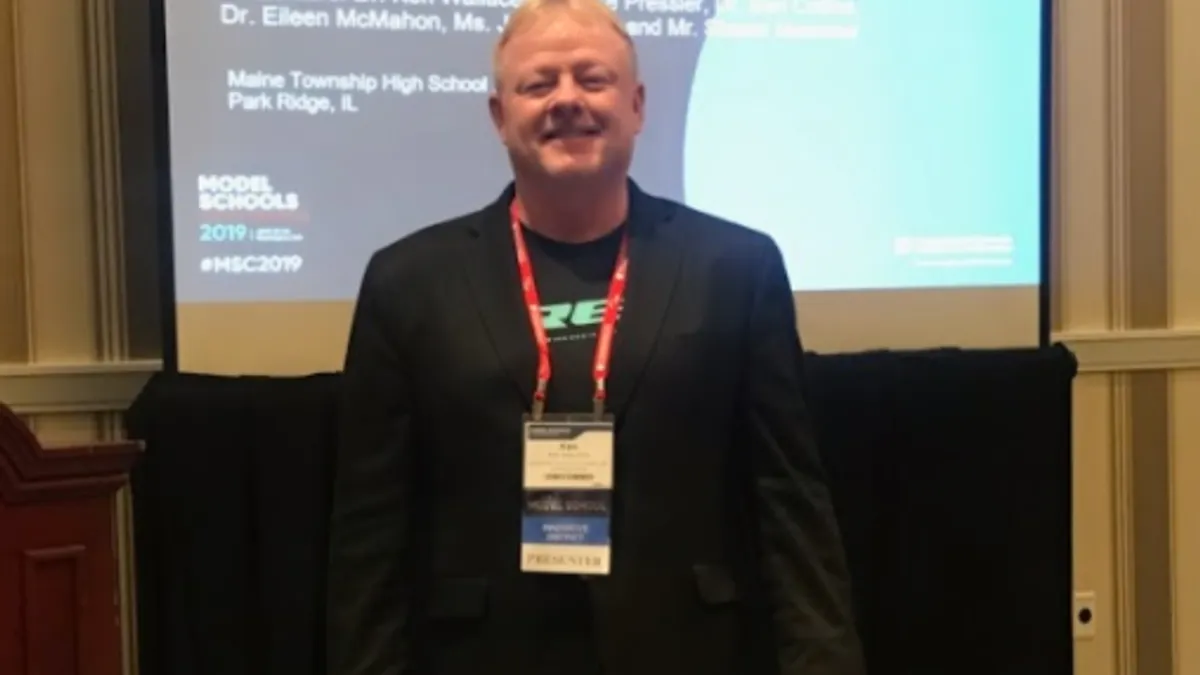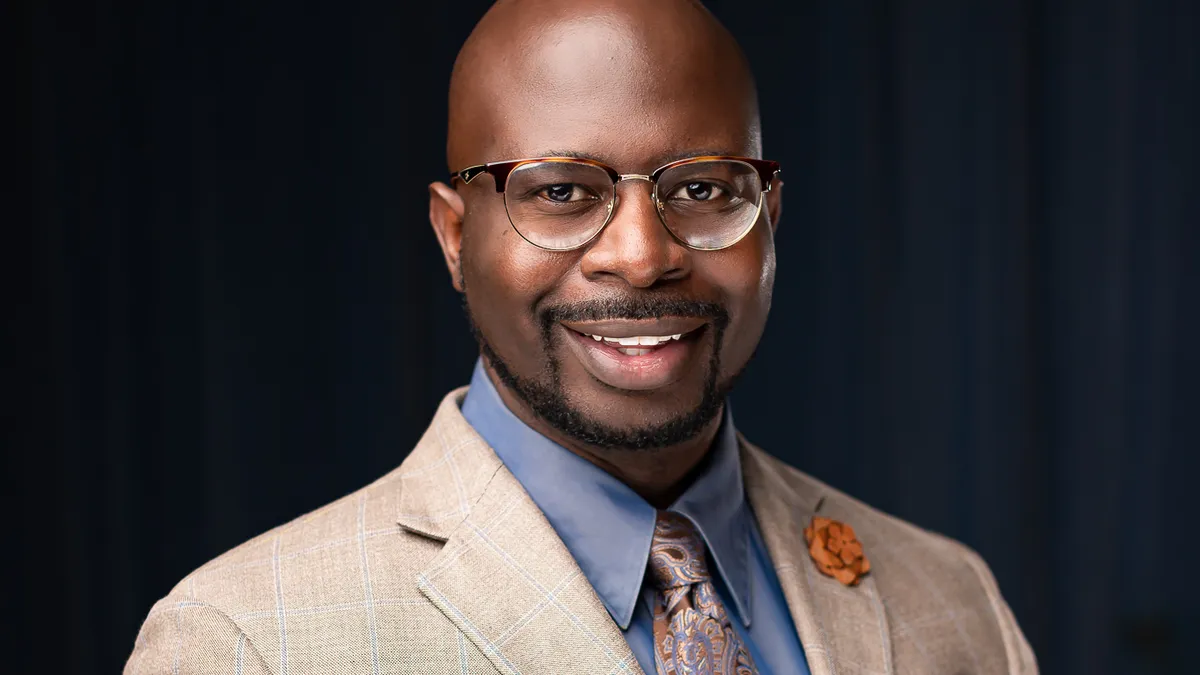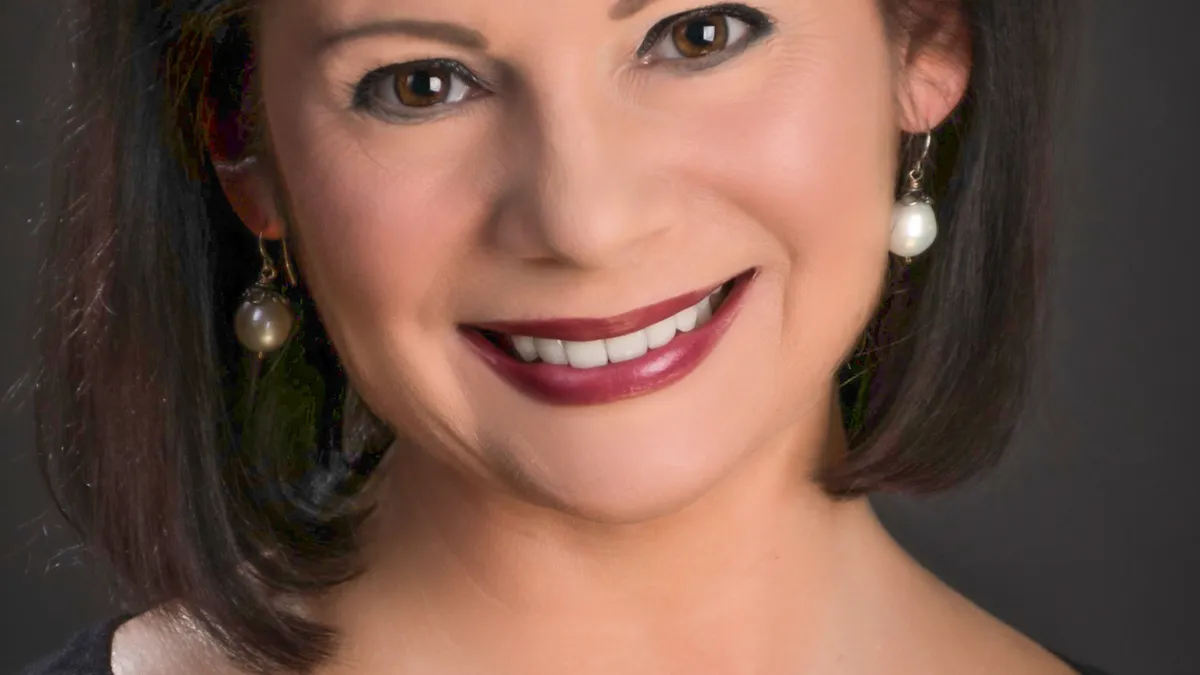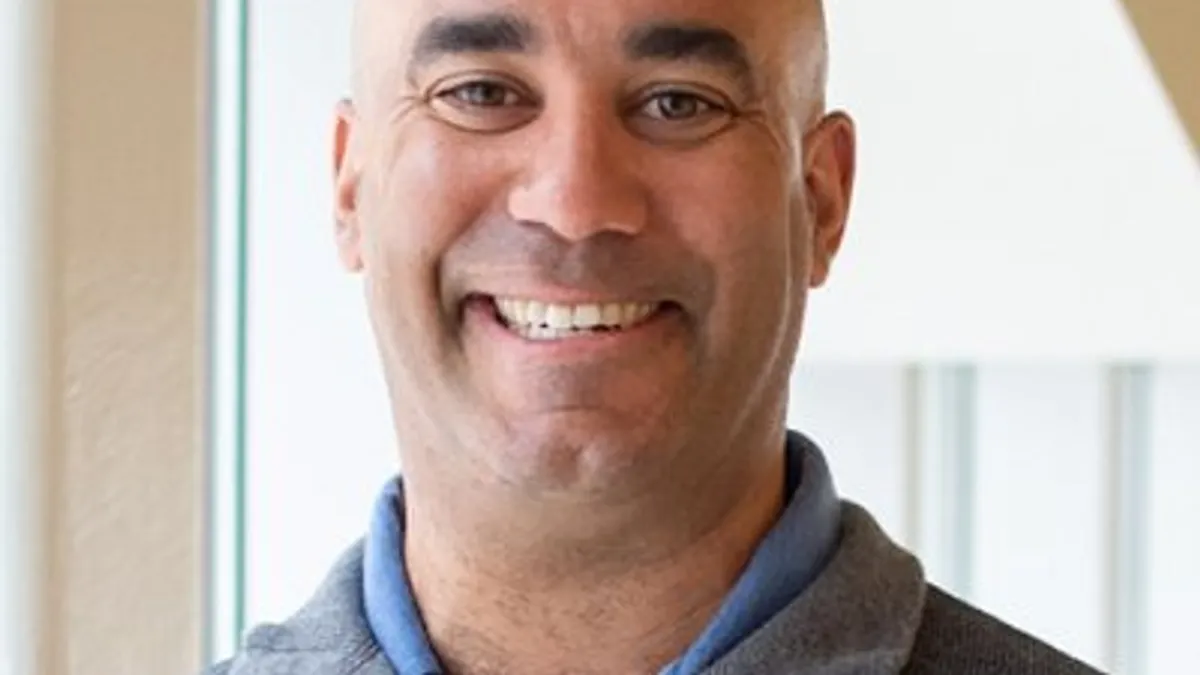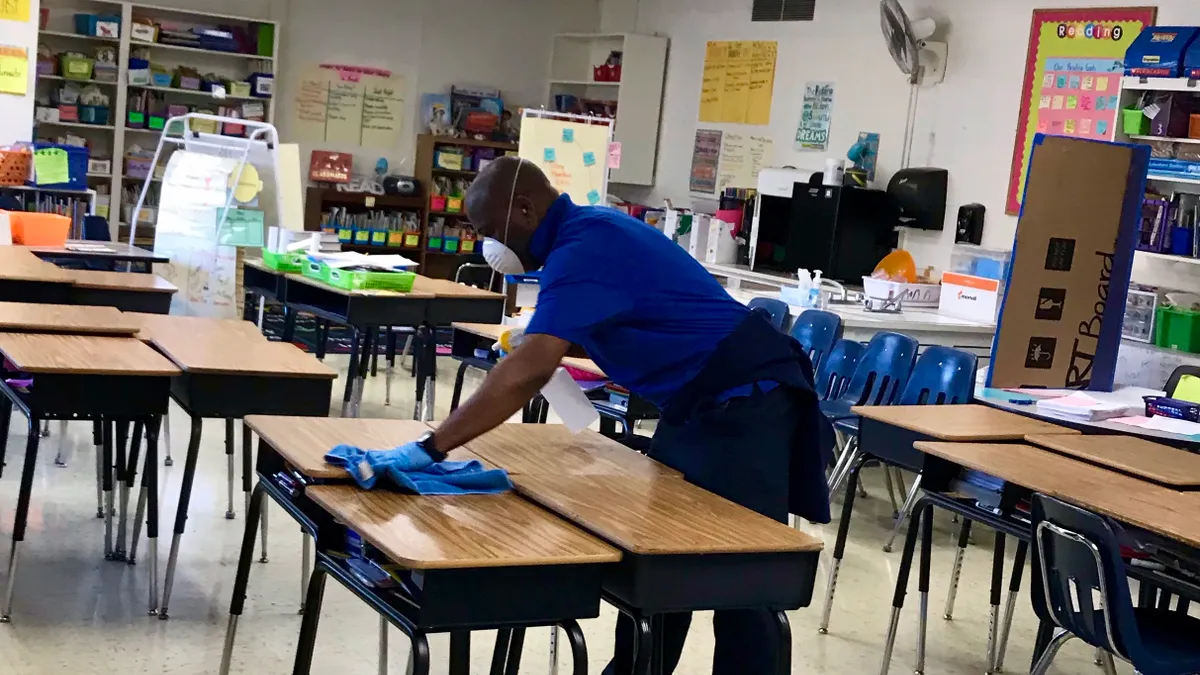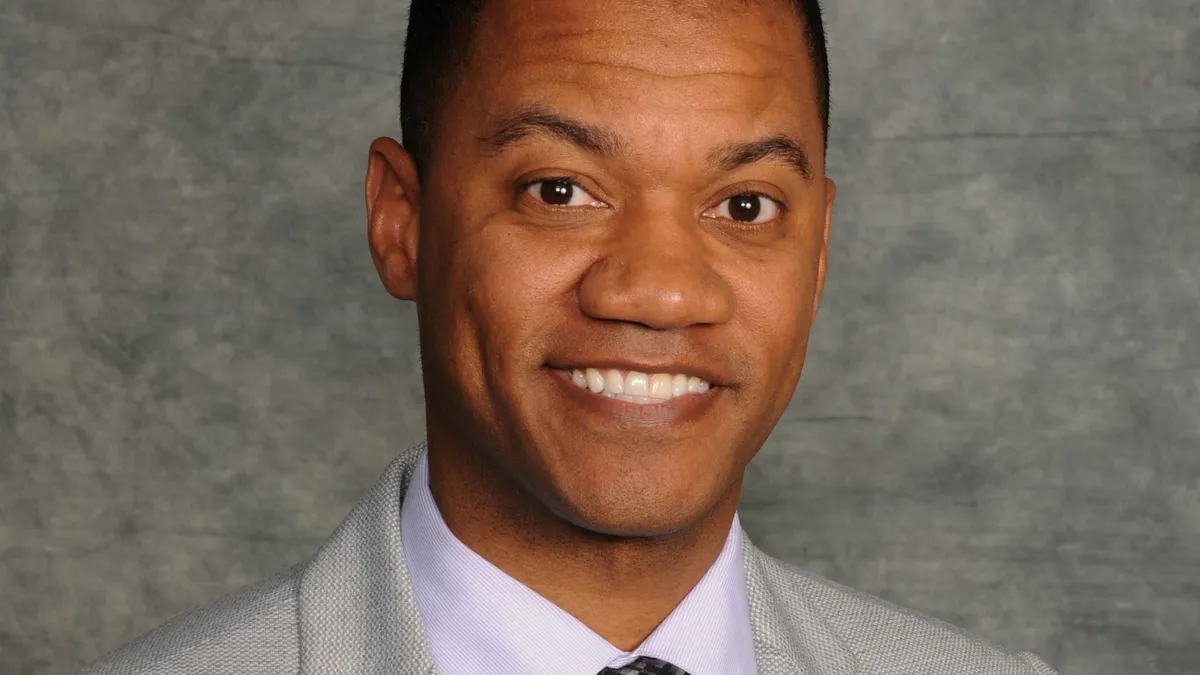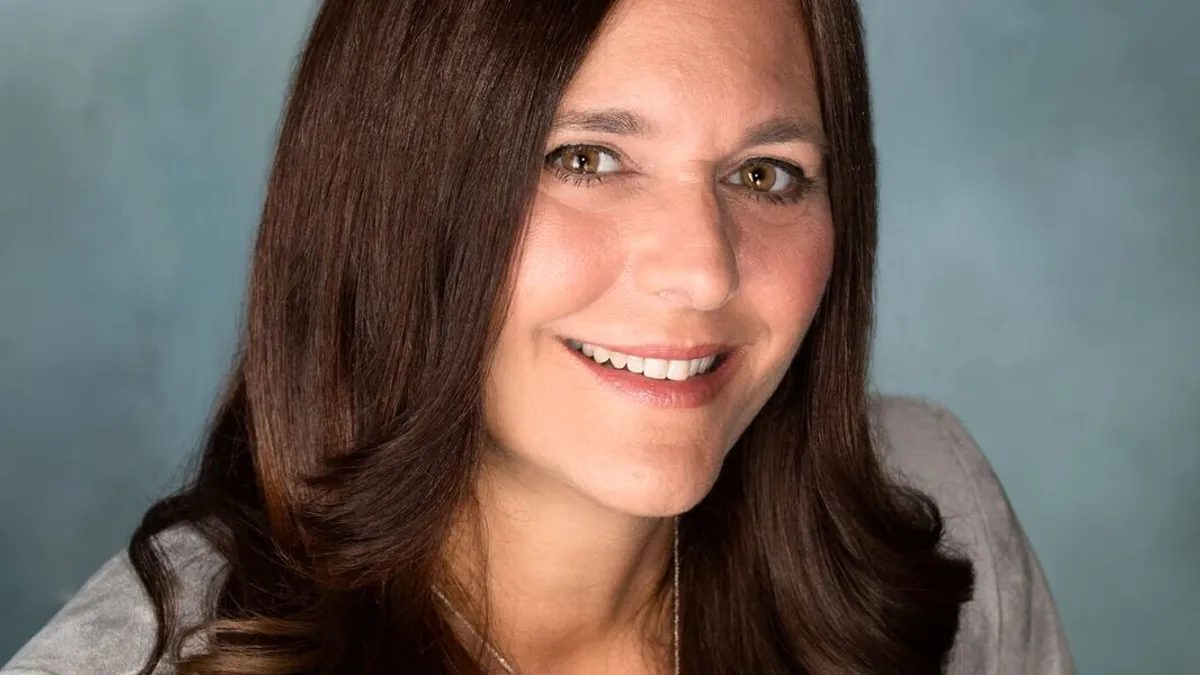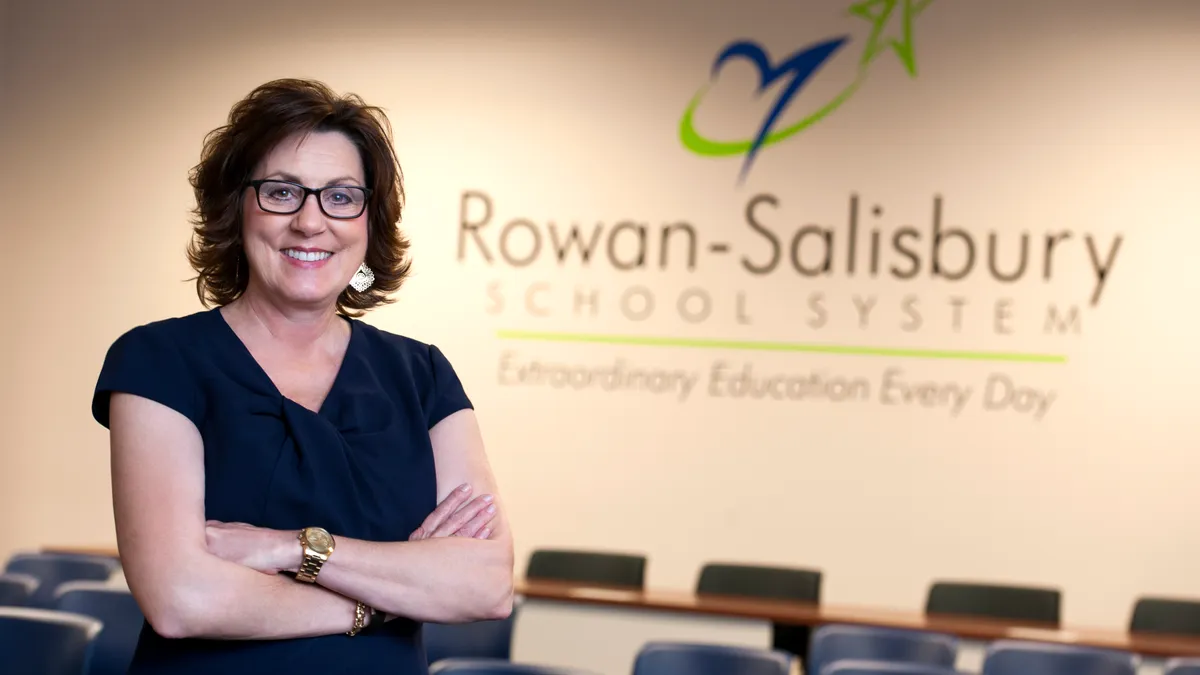Lessons In Leadership is an ongoing series in which K-12 principals and superintendents share their best practices and challenges overcome. For more installments, click here.
No one goes into any job — especially a leadership role — knowing every challenge they might confront or every hat they might have to wear. This is true when you are responsible for a whole school, and even more so when you are responsible for an entire system of them.
Every new job is guaranteed to come with its share of surprises. Over the course of the past year, we asked several superintendents what their biggest surprises were upon first taking on a role at that level, gaining insight on how they do everything from navigating district politics to delegating responsibilities to others. Here are their biggest takeaways.
Richard Carranza — Chancellor, New York City Department of Education
I would say when I first became superintendent, at the time I was working for an elected school board, and the surprising thing was how much of my day was actually spent working with school board members, informing school board members, meeting with school board members. It's not that I didn't expect it, I just didn't realize how much time in the day went into that.
And it's important work, because you have to have good relationships with the policymakers so that you get support for the initiatives that you're moving forward.
That hasn't changed. And the additional aspect to that is that as superintendent — see, I come from the classroom, a decade in the classroom. I've been principal in two different schools in two different states, so my heart's really in the classroom, in the schools themselves. But it's important that if anybody's going to become a superintendent, you realize that you also have a good array of political issues that you're going to have to deal with, [from] elected officials [and] individuals that are not elected but have considerable political clout and could affect the initiatives or agenda that you have.
So as a superintendent, I learned very quickly that my role was absolutely about teaching and learning and supporting student learning. But it was also about developing relationships, maintaining relationships both in the elected realm, in the political realm and in the community. You become the face and the voice of the system, so you have to be very conscious about what you say, when you say it, how you say it, and also be very conscious of the fact that people are listening to what you say to glean direction for where we're going.
Janice Jackson — Chief Education Officer, Chicago Public Schools
You know what? People always ask me that. I had the pleasure of being No. 2. I don't know where everybody is on that. The good news is the former CEO, he liked to take all the hits, which was great because sometimes you have leaders in charge who let other people [do that]. But he did the tough stuff, and so that afforded me the opportunity to observe and see things and learn what to do, what not to do, etc. I feel like I was blessed to have the two-and-a-half years observing in that second role.
The only difference, and I don't know if there's any way to account for that, is it's just very different when the buck stops with you. If something happens in CPS, as the leader, I own every single thing that happens, whether it's good, bad or anything else. So that brings about a different level of accountability and responsibility that I may not have had in my last role, despite that being a very demanding role. But I also was prepared for that, and I feel like that's a part of the job, and it's a part of the job that I enjoy doing because I care so much about CPS being successful.
I want us to be successful academically. I also want us to be a better-organized school system. So taking on those challenges is not something that I shy away from. But it is a big part of the job, and it's the biggest difference between my former role and this role. The buck stops here.
Suzanne Lacey — Superintendent, Talladega County Schools
I had done a lot of things in our school system before, and I had probably a little bit of knowledge in a lot of different areas. So there weren’t really any surprises. But I think a thing I struggled with the most was just letting go of the jobs that I had done before.
I was the deputy superintendent prior to becoming the superintendent, and in that role, you really have your hand in a lot of different areas. I think the biggest surprise for me was to realize I now have a person who will be the coordinator for elementary programs and the coordinator for secondary programs and the coordinator for personnel. I had done those jobs previously, and just being able to let go of that, I think, was a little bit difficult for me. I tried to hang on to the things I had always done.
I’m involved, but not to the level in previous years and in previous job roles. I think just that element of thinking I had to be directly involved in every situation with different programs was something I didn’t think about. I just assumed it would always be like that. As superintendent, you sometimes get on the back end of issues and live at the front end.
Glenn Robbins — Superintendent, Tabernacle Township School District
The old saying that actions speak louder than words could not be more true as a superintendent. General Stanley McChrystal stated, "A leader’s words matter, but actions ultimately do more to reinforce or undermine the implementation of a team of teams. Instead of exploiting technology to monitor employee performance at levels that would have warmed Frederick Taylor’s heart, the leader must allow team members to monitor him. More than directing, leaders must exhibit personal transparency. This is the new ideal.”
Everything that the leader does is watched and analyzed by his or her fellow employees. While this is certainly not new for any type of leadership position, it does present an opportunity to remain status quo or reinvigorate an entire community.
As the world continues to change on a daily basis, one must remember [as P.T. Barnum said],“No one ever made a difference by being like everyone else.” An organization is either run by visionaries or operators. Which are you?
Are you willing to wear funny holiday suits or outfits to make your stakeholders smile, and realize that culture can be joyous? Are you willing to interact on a daily basis with your students, get your hands dirty and help with their creative projects, to enhance student voice? Are you encouraging staff and students to explore "next practices" within, instead of "best practices" of others?
Leadership is a privilege. Serve others each day with a positive attitude. How strong are your relationships with not only your board of education and administrative team, but also the teachers association? Relationships and communication are first. Everything else comes second.
Stay true to the district’s goals and values. Remember to embrace the infinite game, and not chase the external finite game. Focus within, not external. Coach, mentor, support and challenge. Be the leader that creates more leaders, not produces more soldiers.
At times, you will think you’re more of an air traffic controller, as you are responsible for takeoffs, landings, refueling, stocking up supplies, dealing with luggage, customer services and so much more. Take a breather, go for a gratitude walk, embrace meditation and reach out to others for help. We have an opportunity to create awe-inspiring memories that will last a lifetime. Smile and remember your "why."






 Dive Awards
Dive Awards

